Ridiculous wellness trends that have died out for good reason, from 'detox cleanses' to daily HIIT workouts
Take a trip down memory lane with these ridiculous wellness trends which are thankfully no longer considered a core part of a healthy lifestyle...

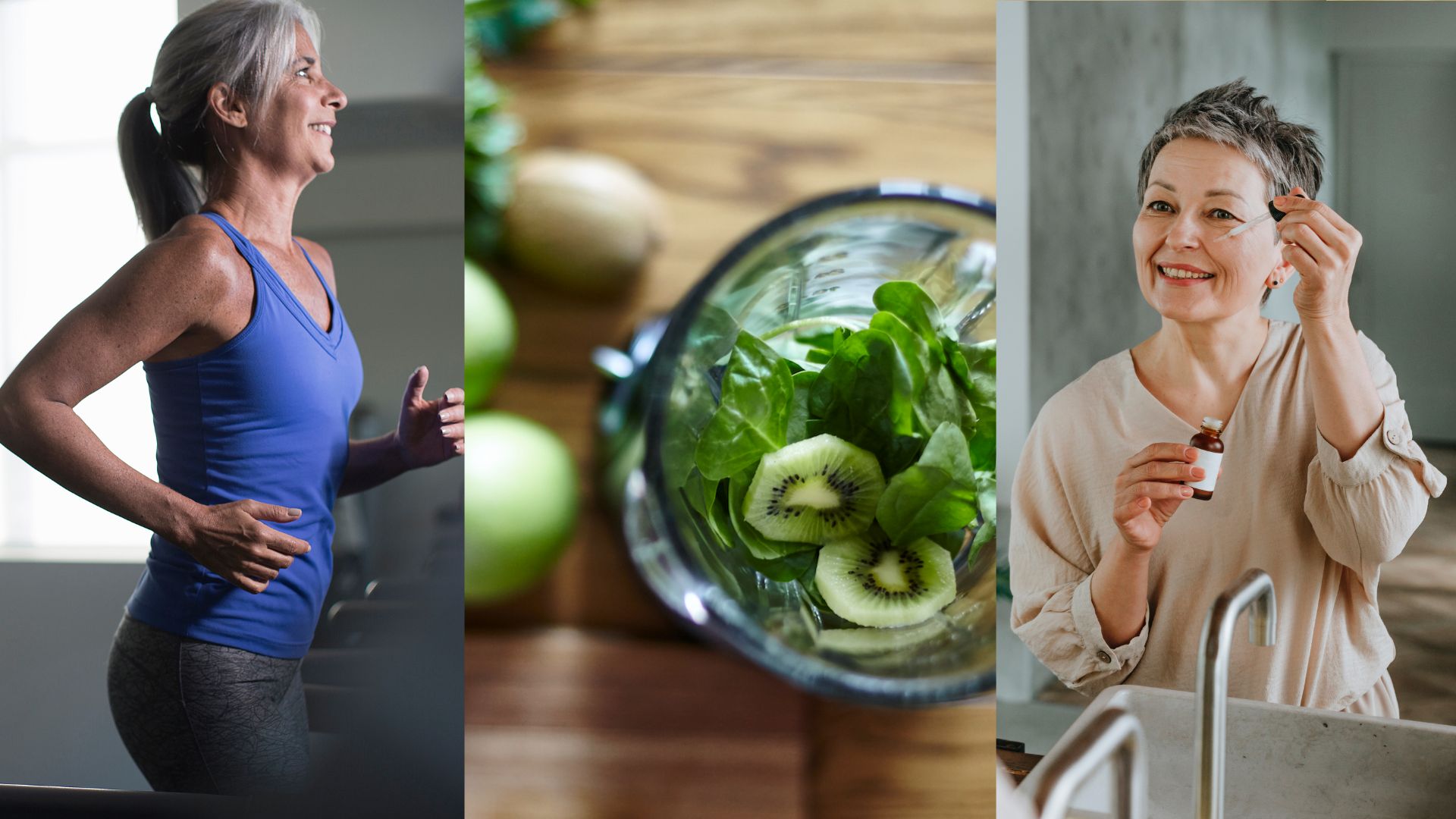
Did you ever do fasted cardio? Sample K-beauty? Or maybe you were a bulletproof coffee fan? Ridiculous wellness trends have been aplenty over the years, and thankfully, many have died out for good reason - no longer being considered part of a healthy lifestyle conducive to caring for your mind and body.
However, it can still be interesting to take a little trip down memory lane to see just how far we've come in terms of fitness, nutrition, mental health, skincare, and the rest. Indeed, you'll feel a fresh wave of gratitude that waist trainers, gluten-free everything and homemade bathroom products are no longer high on the agenda.
So, without further ado, let us explore the wellness trends that made a whole lot of noise when they arrived on the scene, but have faded fast into the health ether. What's more, we've called on the experts to explain exactly why we're saying "good riddance"...
32 ridiculous wellness trends we're happy have disappeared
Waist trainers
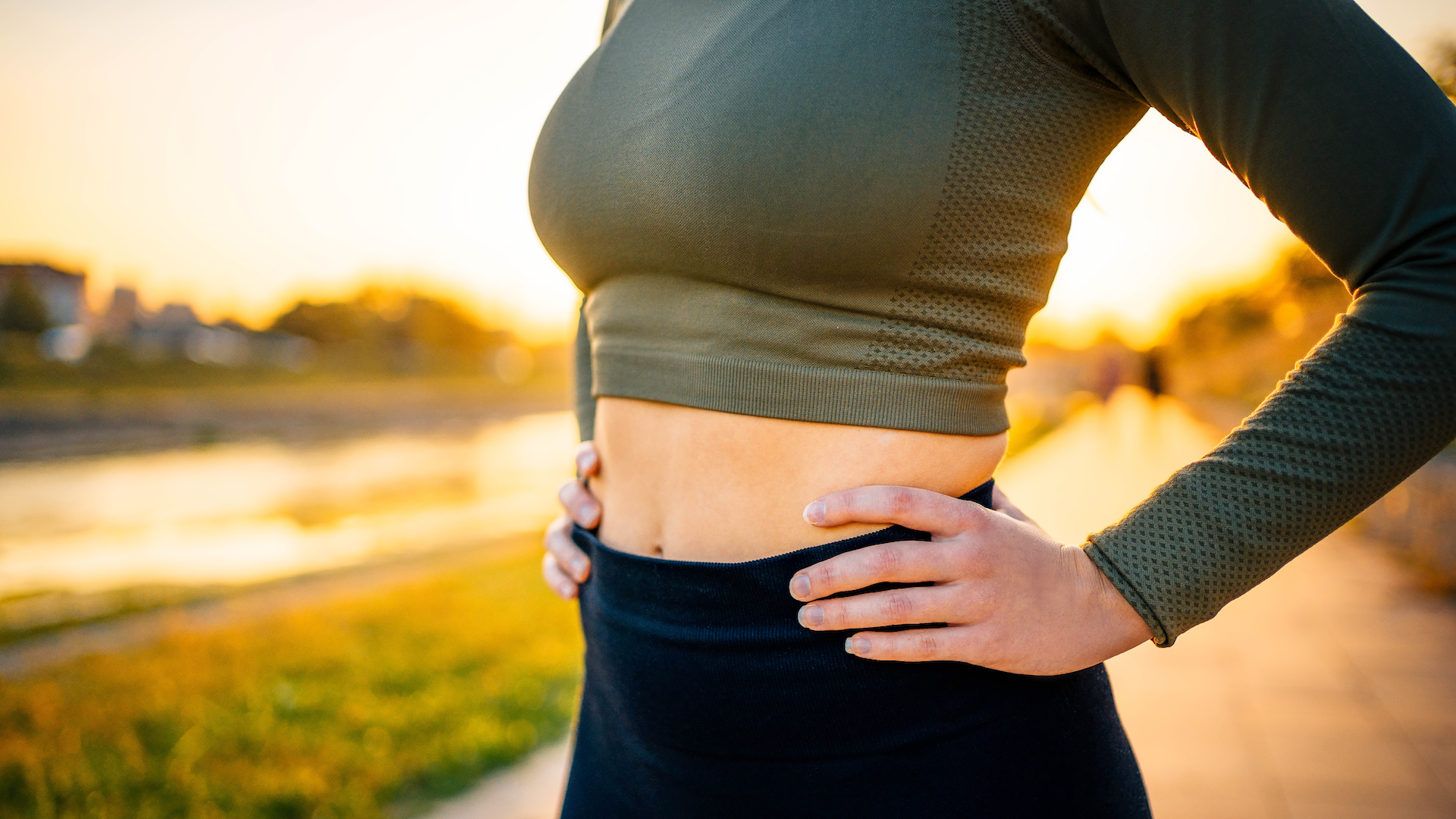
"Waist trainers were marketed as a quick-fix for a smaller waist, but, in reality, they do nothing for fat loss or core strength," says personal trainer Aimee Victoria Long, of the thick, corset-like band of fabric that people would hook around their mid-section. "What's more, they restrict breathing, can cause internal organ compression, and create a completely false idea of what a strong core should look like. I’m glad they’ve lost popularity - fitness should empower women, not physically constrain them."
'Detox' teas
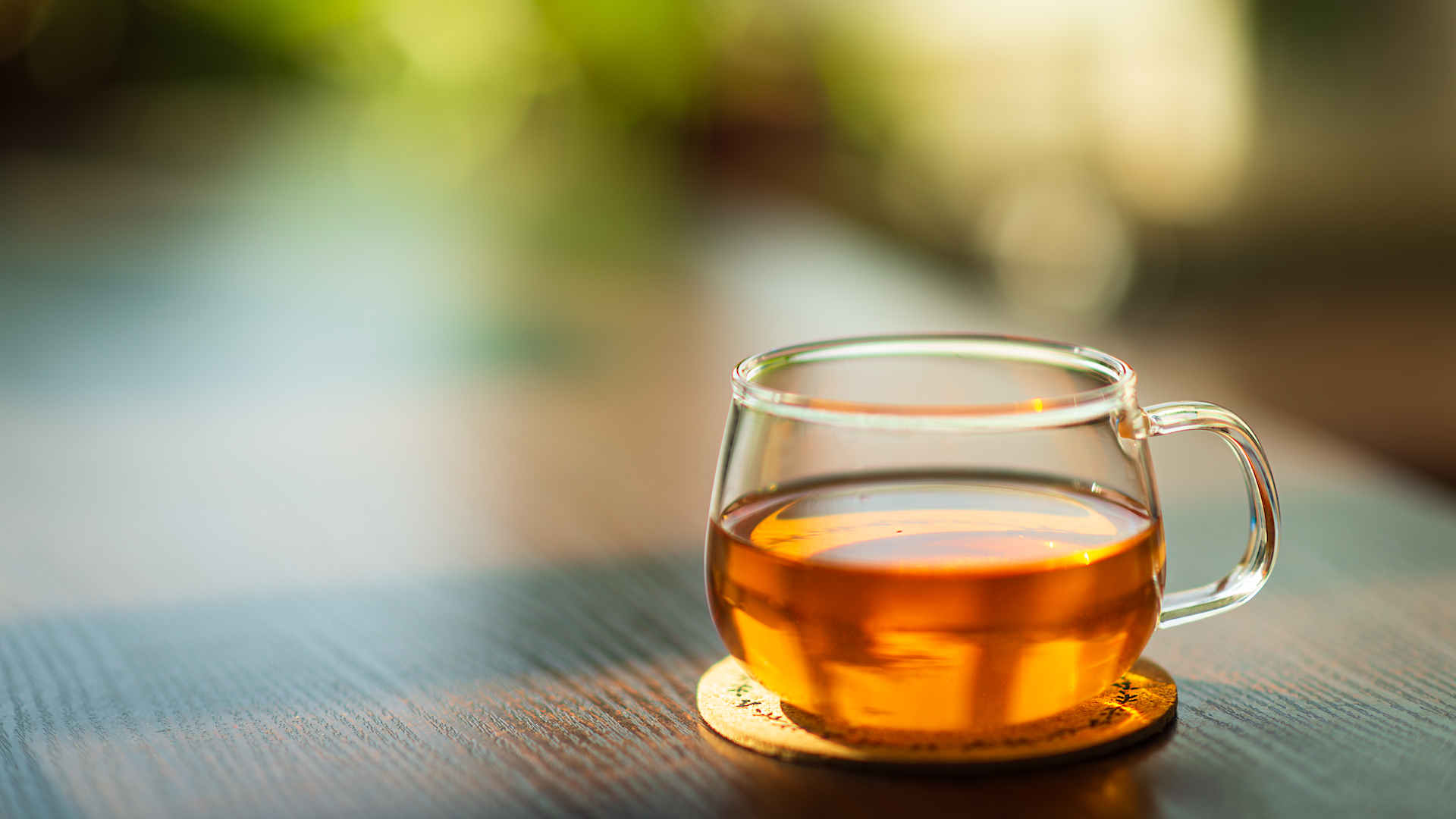
"I'm relieved to see the decline of so-called 'detox teas' in the wellness space," notes Laura Dowling, pharmacist and founder of fabU. "These products promised rapid weight loss, glowing skin, and internal cleansing - all without any robust scientific backing. The truth is, our bodies are beautifully equipped with their own detoxification systems. The liver, kidneys, gut, and skin work tirelessly every day to eliminate toxins." More concerning still, she adds: "These teas - often loaded with laxatives or diuretics - are also potentially harmful. I’ve seen far too many people suffer from dehydration, electrolyte imbalances, and disrupted gut health."
Jade eggs
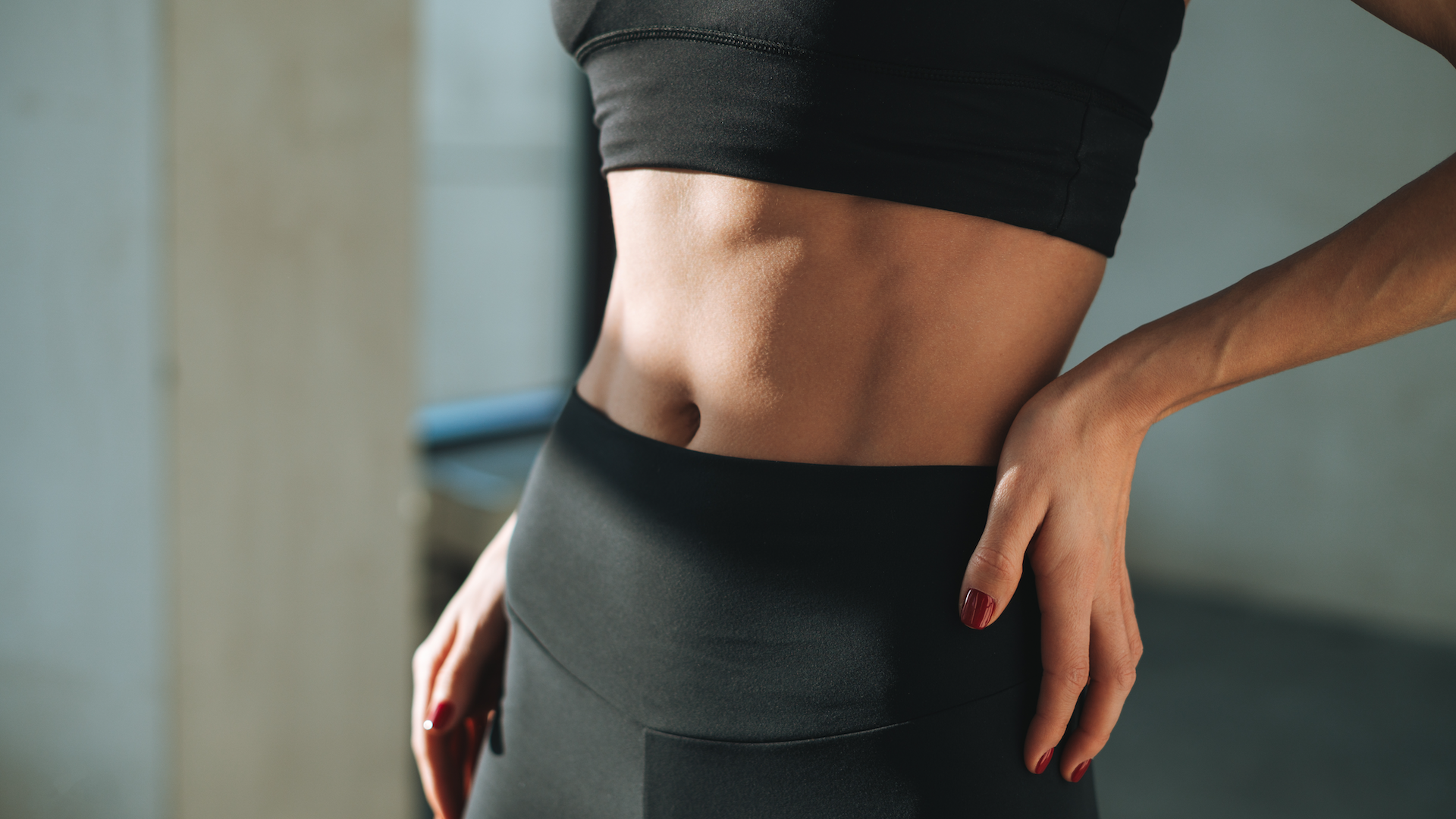
"Vaginal jade eggs - also known as 'yoni' eggs - were claimed to strengthen the pelvic floor and enhance sexual function, with suggestions that this was an ancient Chinese practice," shares Deborah Grayson, pharmacist and founder of Practice With Confidence. "These claims are unfounded - and eggs shaped from jade are also porous, which makes them difficult to sterilise. This increases the risk of infection as well as irritating or scratching the vaginal wall."
Demonizing of carbs
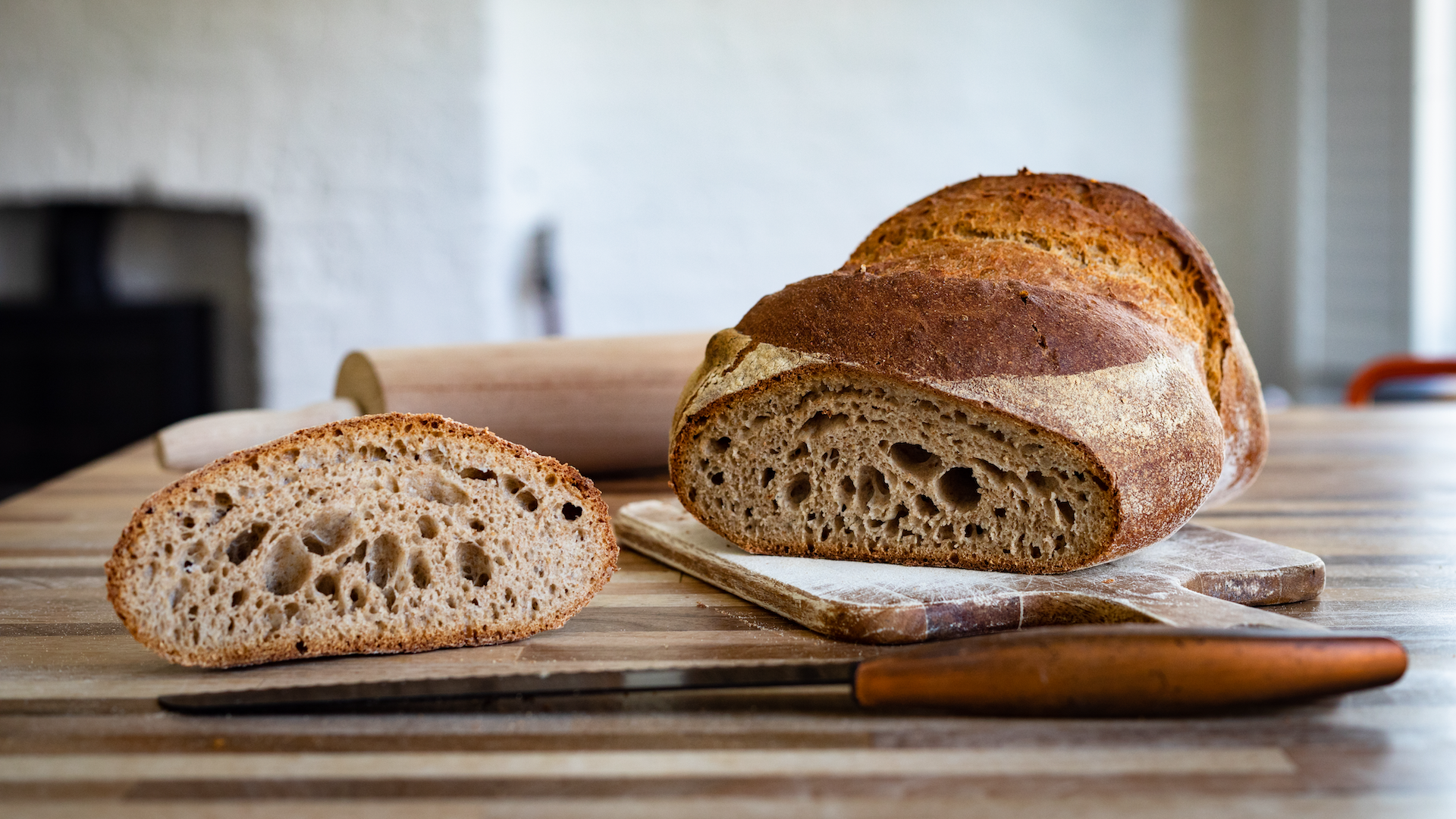
"While low-carb diets might offer short-term weight loss, the long-term sustainability and effects on mood, energy and even metabolic health are concerning," warns Ulrike Kuehl, head of nutrition at Lumen, of the trend for cutting out the likes of bread and pasta. "Carbs are not the enemy, they're the body’s preferred energy source and essential for brain function - especially when coming from whole-food sources like vegetables, legumes and whole grains."
Sign up to our free daily email for the latest royal and entertainment news, interesting opinion, expert advice on styling and beauty trends, and no-nonsense guides to the health and wellness questions you want answered.
'No rest days' fitness
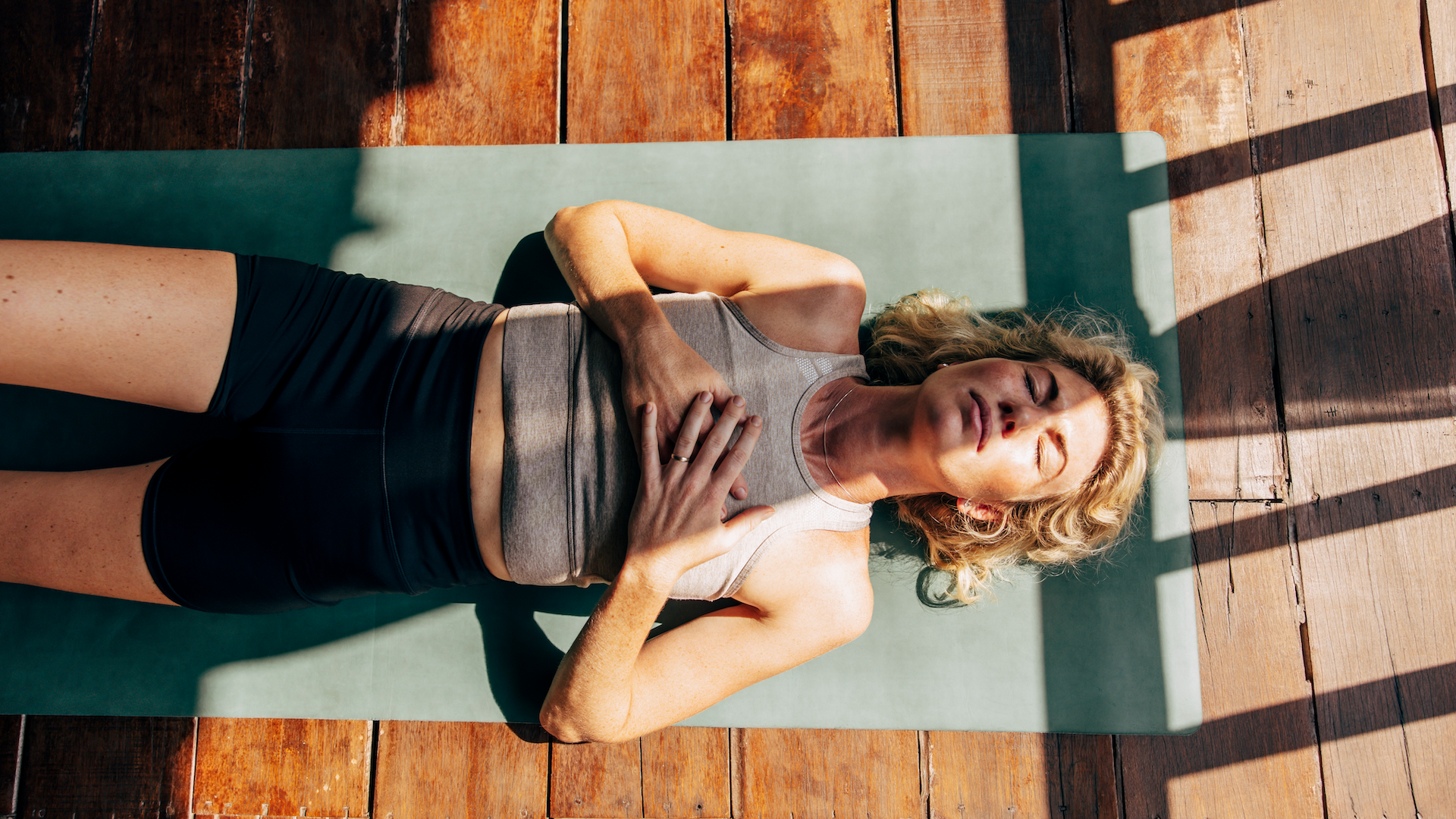
"The hustle culture around fitness - this idea that you need to train every single day to get results - was toxic," points out Long. "It ignored the essential role of rest, recovery and hormonal balance, especially for women. More people now understand that progress comes from training smart - not just hard - and I’m so glad we’re finally normalising rest as part of the plan."
Not washing hair
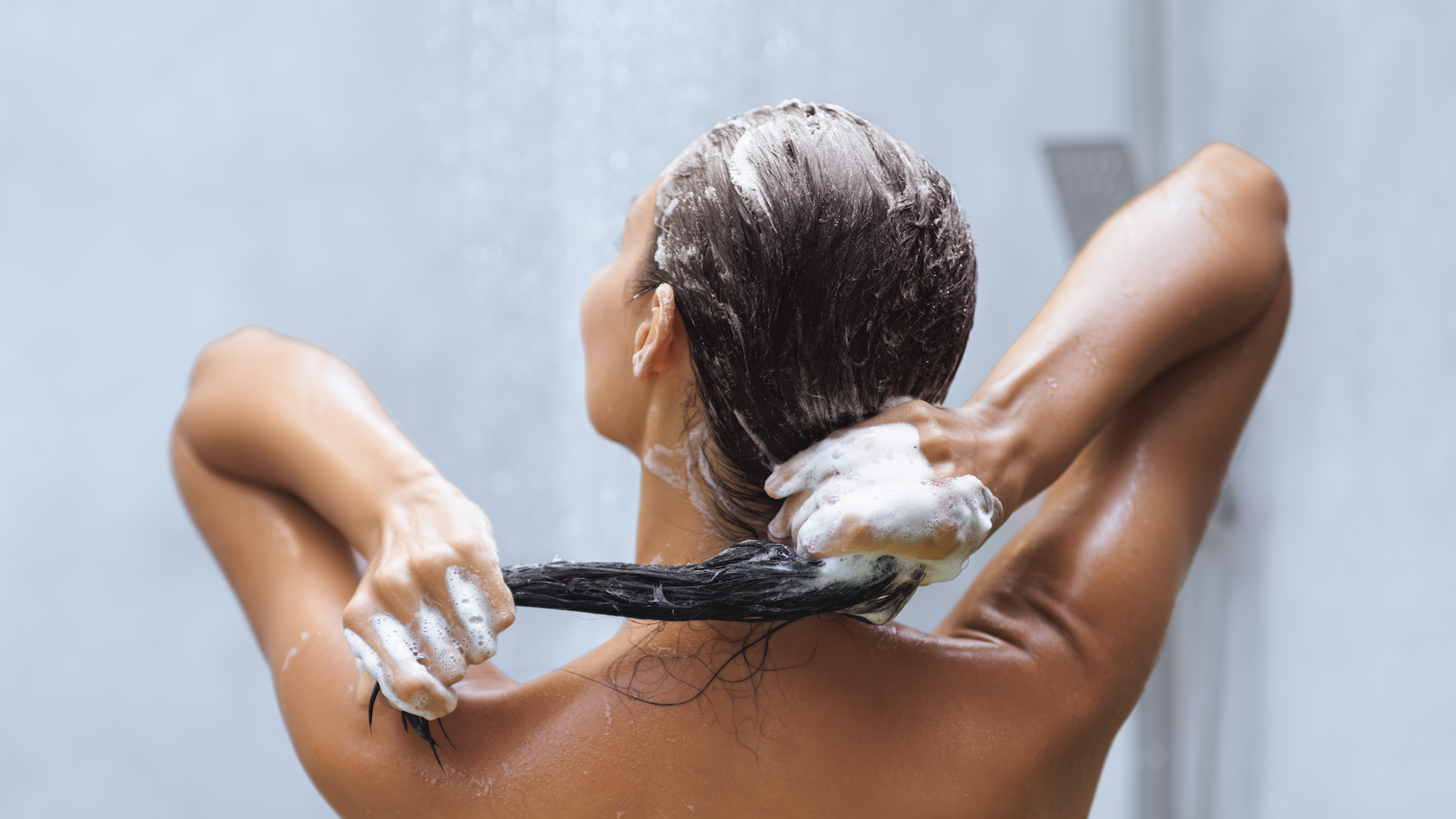
“One trend I’m glad to see fade is the belief that not washing your hair for weeks or months is somehow ‘natural’ or beneficial," reveals Deborah Maguire, registered trichologist and co-owner of Seed & Soul. "In truth, a dirty scalp becomes a breeding ground for bacteria, product build-up, and inflammation. Over time, this can weaken follicles and cause shedding, especially for clients wearing extensions or with sensitive skin. Your scalp is living skin - it needs cleansing, circulation, and balance to thrive."
1,200 daily calories
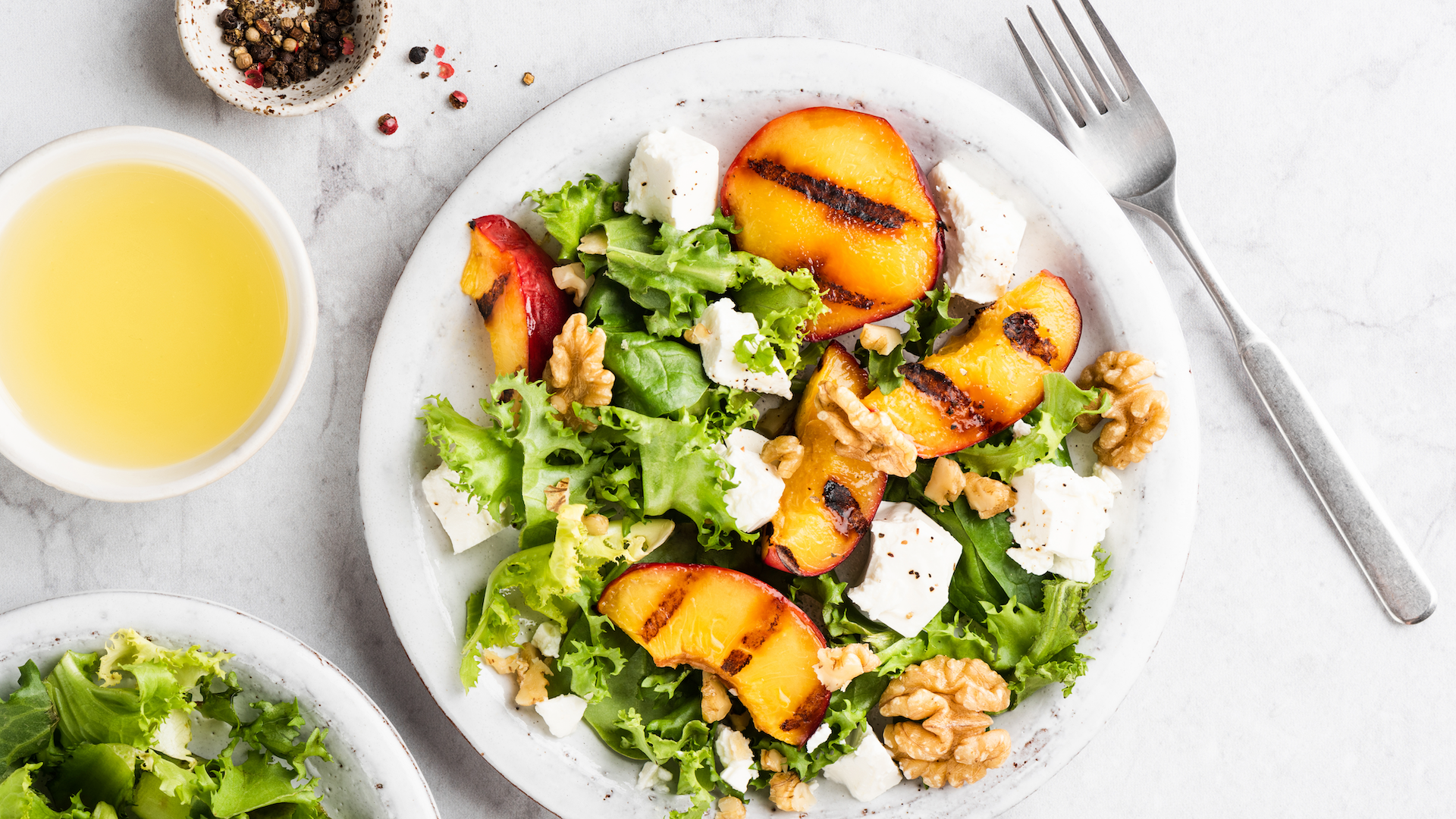
"The idea that eating as little as 1,200 calories a day would lead to healthy, sustainable weight loss completely ignored the body’s basic needs," says Alison Bladh, a registered nutritional therapist. "I’ve seen people sabotage their metabolism, thyroid health, and energy levels trying to eat this way. The truth is, healthy weight management isn’t about eating less, it’s about eating smart - protein, fibre, healthy fats, and blood sugar balance are what support lasting metabolic health. Not starvation."
'Bulletproof' coffee
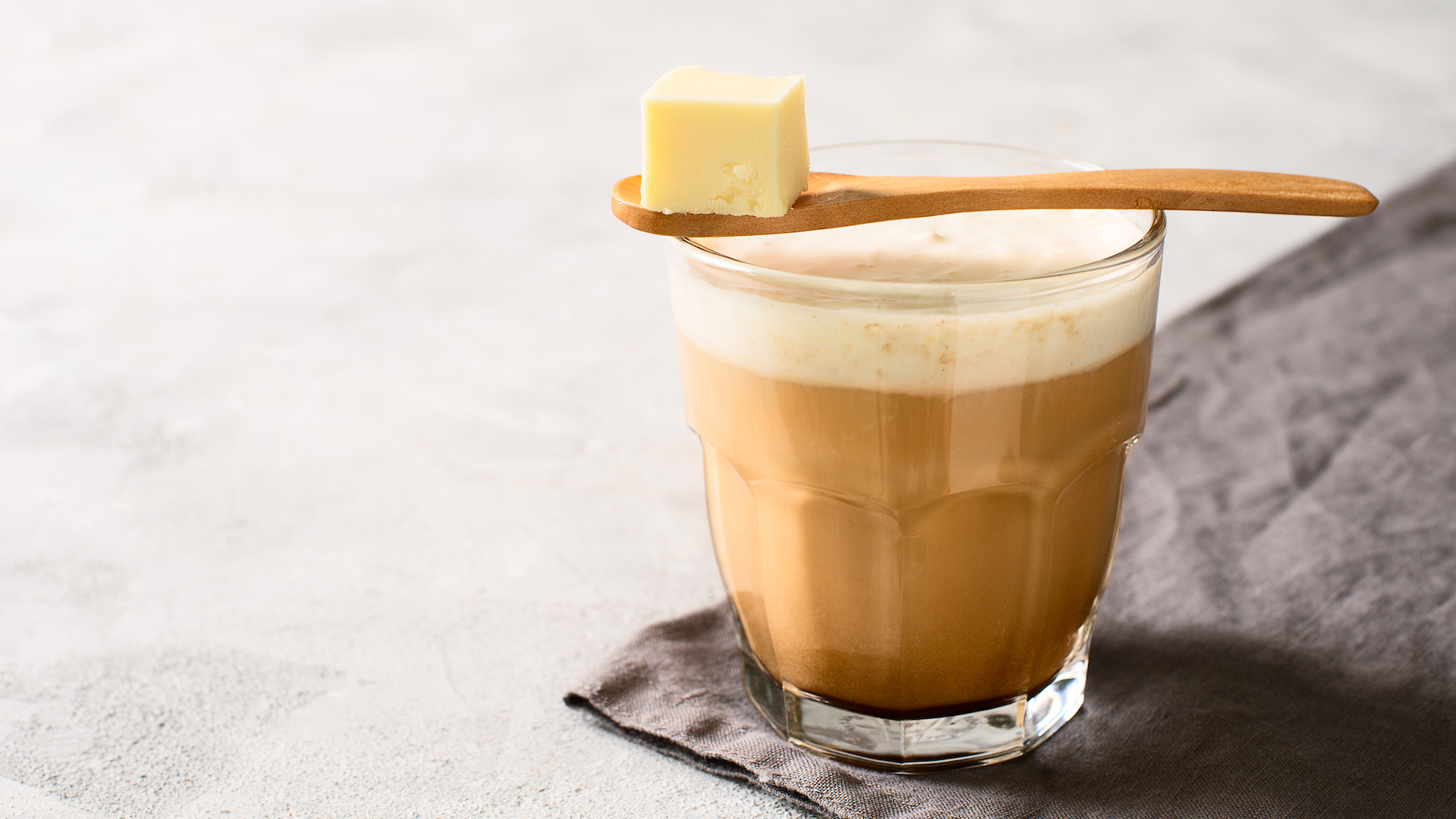
"Bulletproof coffee is a trend I’m happy to see go," says Elena Rolt, registered nutritional therapist at Health.Miro, of the hot drink - made by blending brewed coffee with unsalted grass-fed butter and MCT oil - that was positioned as a breakfast replacement for weight loss and mental clarity. "While it had its moment, drinking coffee on an empty stomach can stress the adrenals and thyroid - especially in already fatigued individuals - and daily use of MCT oil may negatively impact gut microbiome diversity."
'Fasted' cardio

"Remember when we were told that fasted cardio was the way to lose weight?" notes personal trainer Fiona Kavanagh, of the practice of doing endurance exercise without eating beforehand. "This is 100% dependent on the individual - some people respond better to an early morning training session completely fasted." However, if your workout is later in the day and also requires plenty of energy - like a run - then it could actually be detrimental to your health goals.
Sweating as the aim

"Literally all sweating is doing is cooling down the body to regulate your temperature," warns Kavanagh, about the previously common fitness philosophy that sweating equals a more challenging workout and more calories burned. "It absolutely does not mean you are working harder than the person next to you."
Gut health 'cleanses'
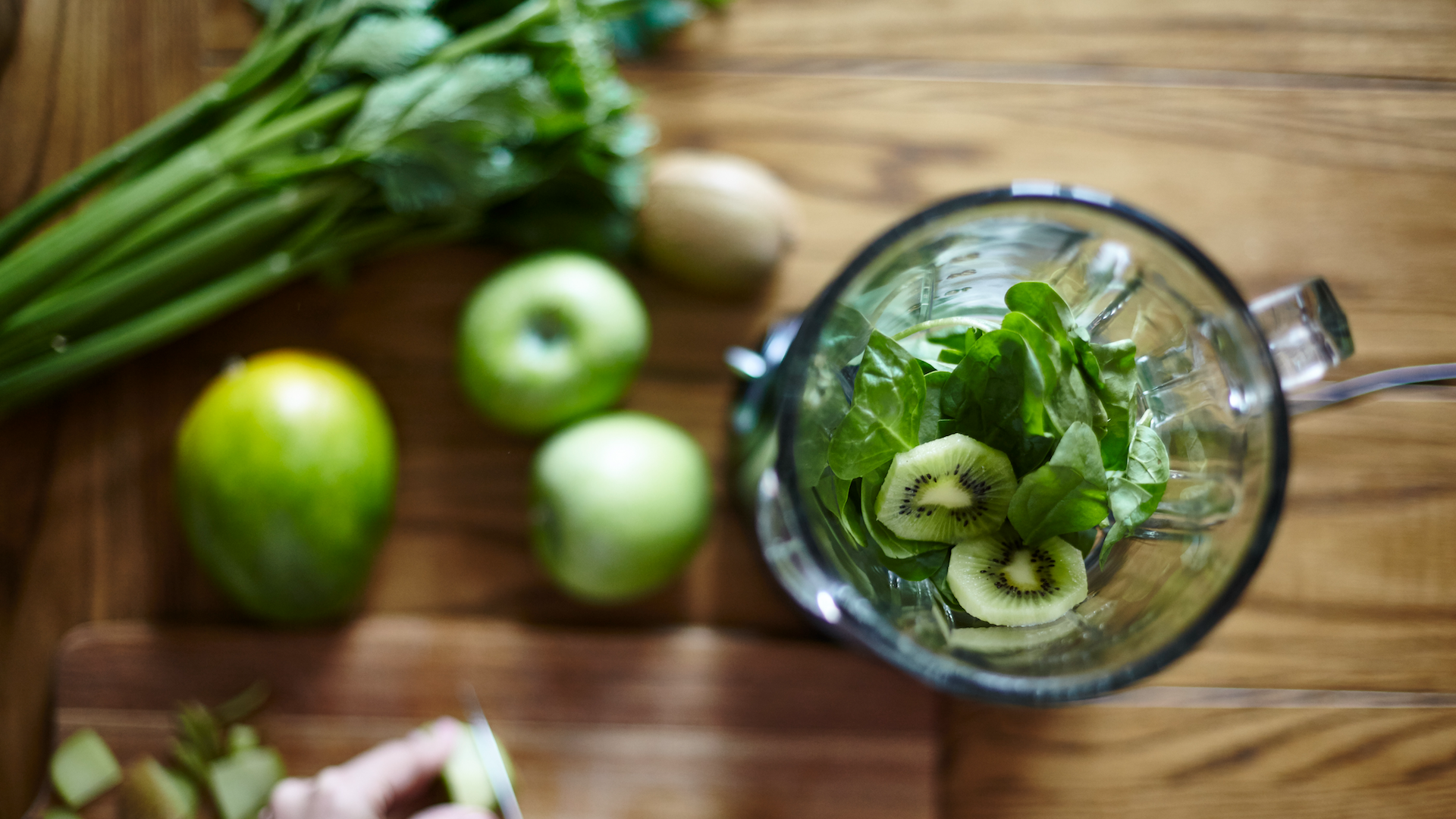
"I’m glad to see a decline in the popularity of restrictive ‘gut health detoxes’ – such as juice cleanses," explains Elouise Bauskis, nutritional therapist and scientific advisor at Nutri Advanced. "These approaches fundamentally misunderstand how our digestive systems actually work, and often do more harm than good. For instance, a recent study found that after a three-day juice-only diet, participants saw strains of bacteria associated with inflammation and gut lining issues increase in both their oral and gut microbiomes."
Facial cleansing brushes
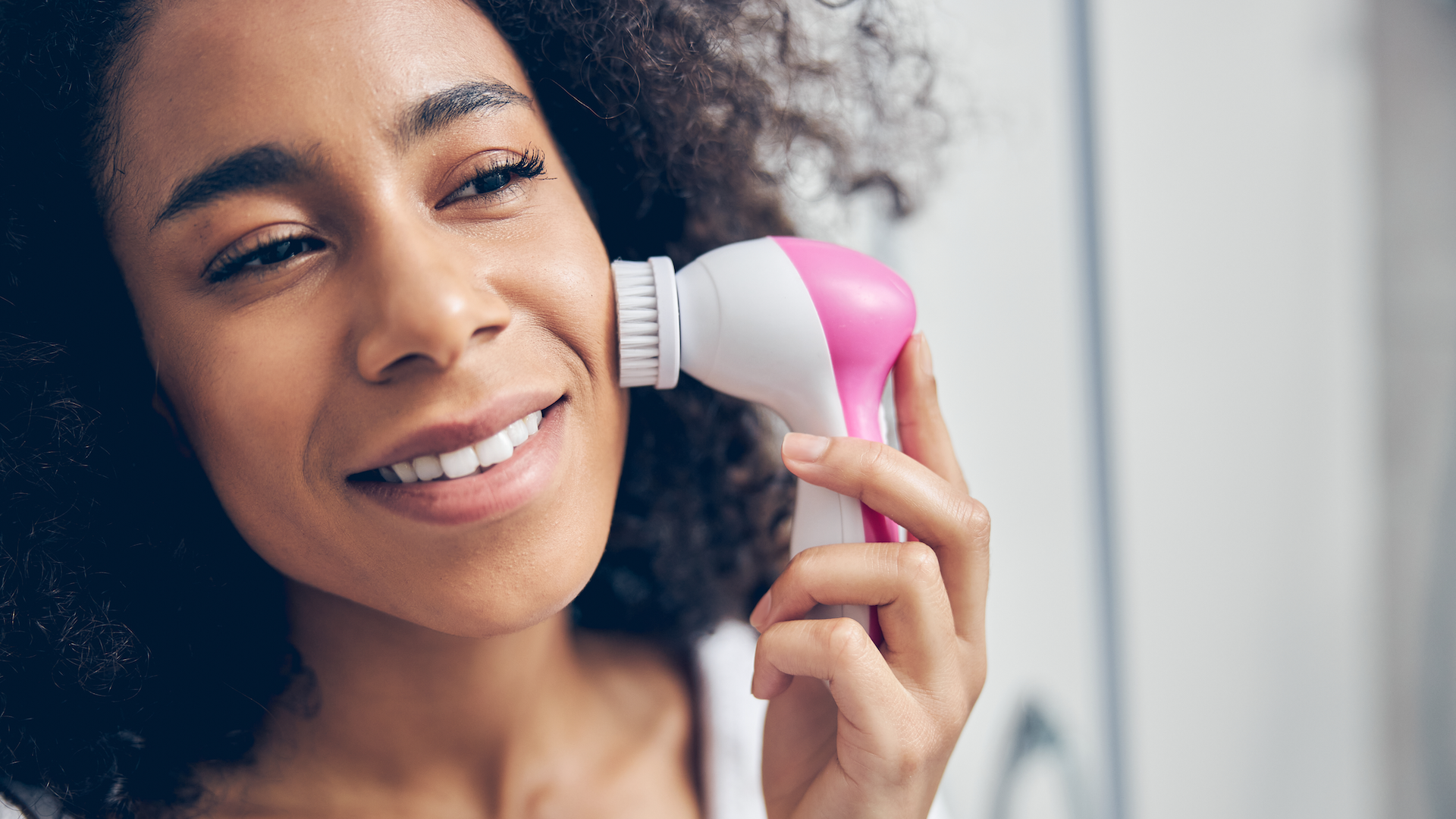
"I'm glad to see the trend for facial cleansing brushes fade," says Dr Rakesh Anand, consultant dermatologist at Skin Surgery Associates of London. "I was lured into trying one years ago - at first, it felt satisfying, but over time it disrupted my skin barrier and triggered persistent breakouts that were difficult to manage. I now advise against using overly abrasive tools, especially in patients prone to acne or rosacea."
'DIY' skincare
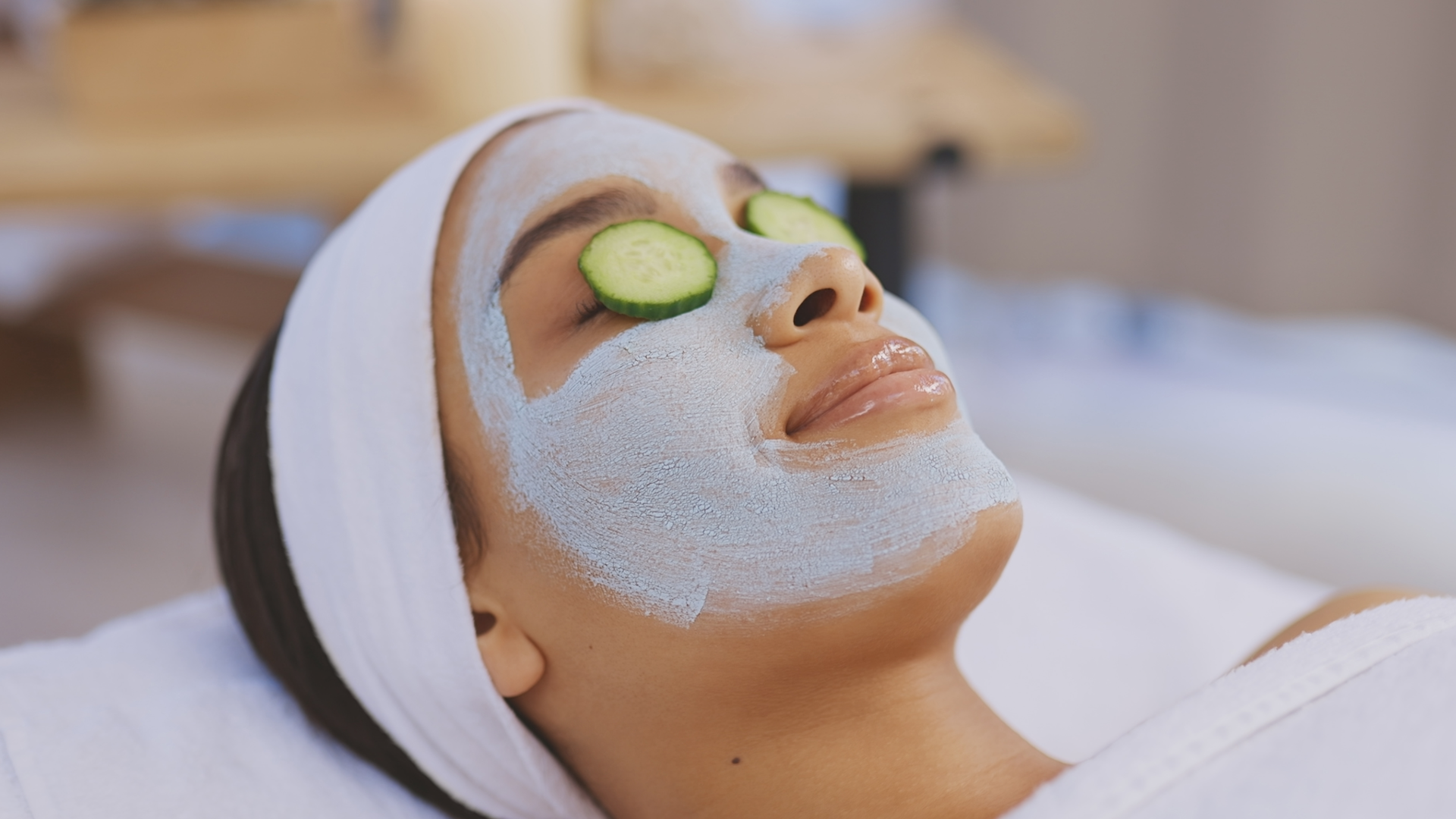
"I'm happy to see the back of DIY skincare using kitchen ingredients," says Dr Olya Vorodukhina, aesthetics practitioner and founder of Angels Twelve. "Applying lemon juice or baking soda on the face was never a good idea - I’m glad we’ve moved past this trend as it caused irritation, pH imbalances and often worsened skin concerns rather than helping."
'Low-fat' foods
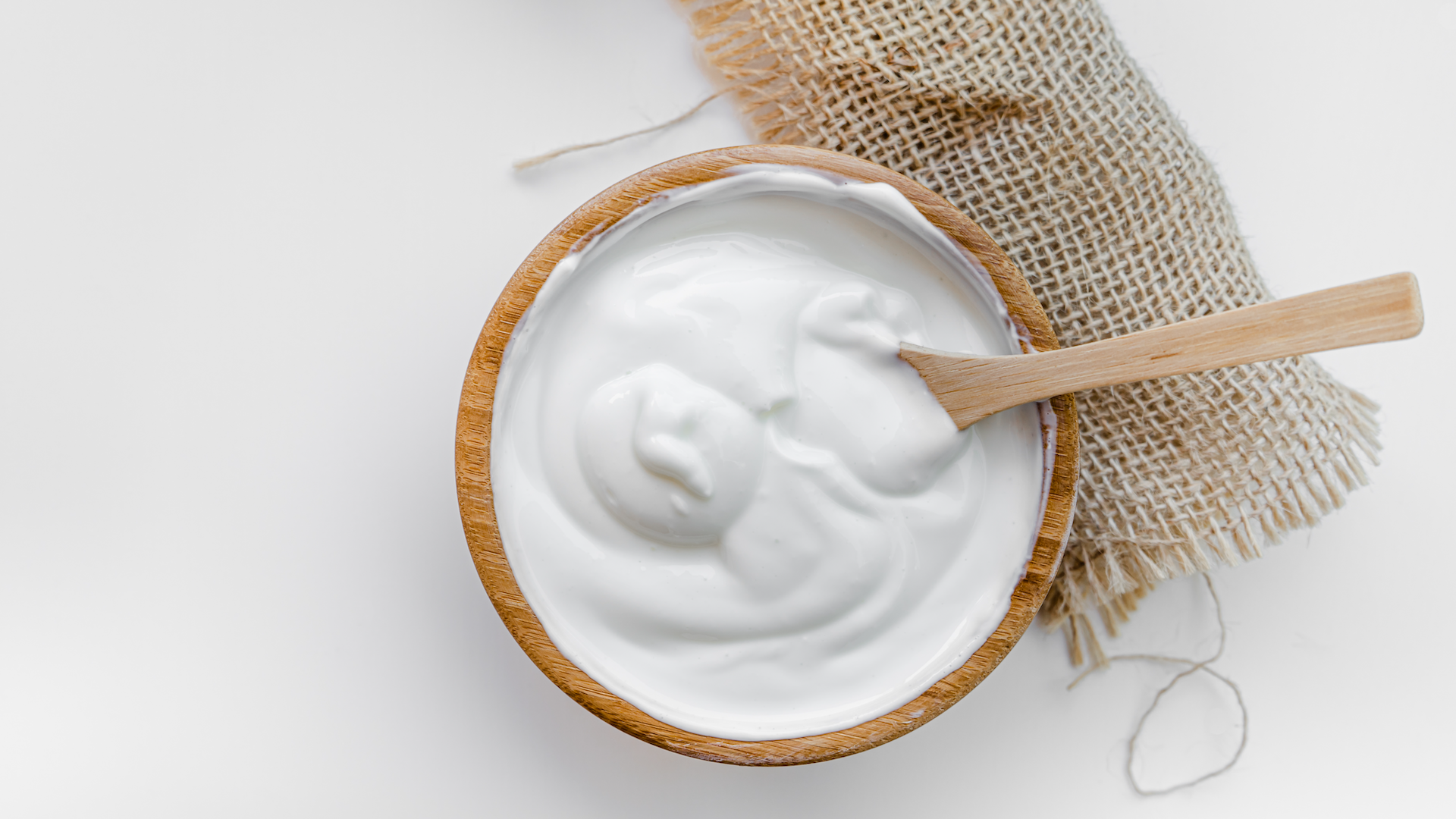
“For years, I fell into the low-fat trap, convinced that eating fat would make me fat - I'd choose margarine over butter, skimmed milk over full-fat and fat-free yoghurts, which are actually loaded with sugar," notes Steve Bennett, a qualified health coach and author of the book Fibre First. “After years of being on this health journey, I now understand that healthy fats are essential for hormone production, nutrient absorption and blood sugar stability. The real culprits are sugar and refined carbohydrates."
Everything 'free' diets
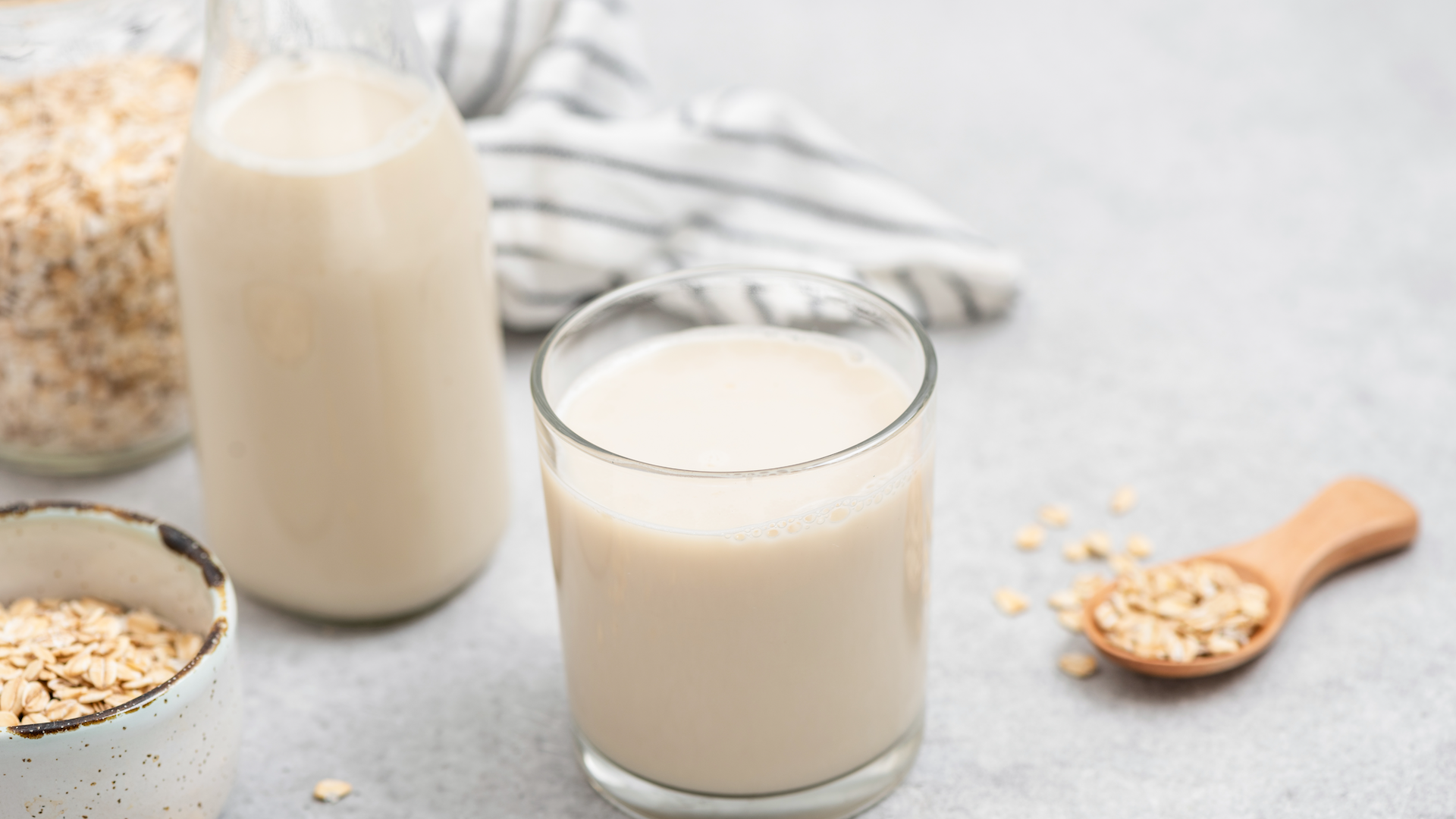
"Going gluten-free, dairy-free, soy-free and grain-free - even when no intolerance was present," notes Bladh. "These diets left many people undernourished and fearful of food. I worked with clients who were fatigued and constipated, thinking they were being 'clean'. Now we know that food variety supports gut health and unnecessary restriction can backfire."
Self-care 'cures all'

"Self-care became a buzzword, and the way it was portrayed - all spa days and scented candles - ignores the real and often gritty graft it takes for emotional healing," says Holly Beedon, clinical lead at Living Well UK. "In truth, real self-care can be unglamorous - such as setting boundaries with people you wouldn’t usually, going to therapy and venting the problems that have led you to where you are now, taking your medications if you need to, or simply just asking for help. It’s not always Instagram-worthy."
Wellness as a 'job'
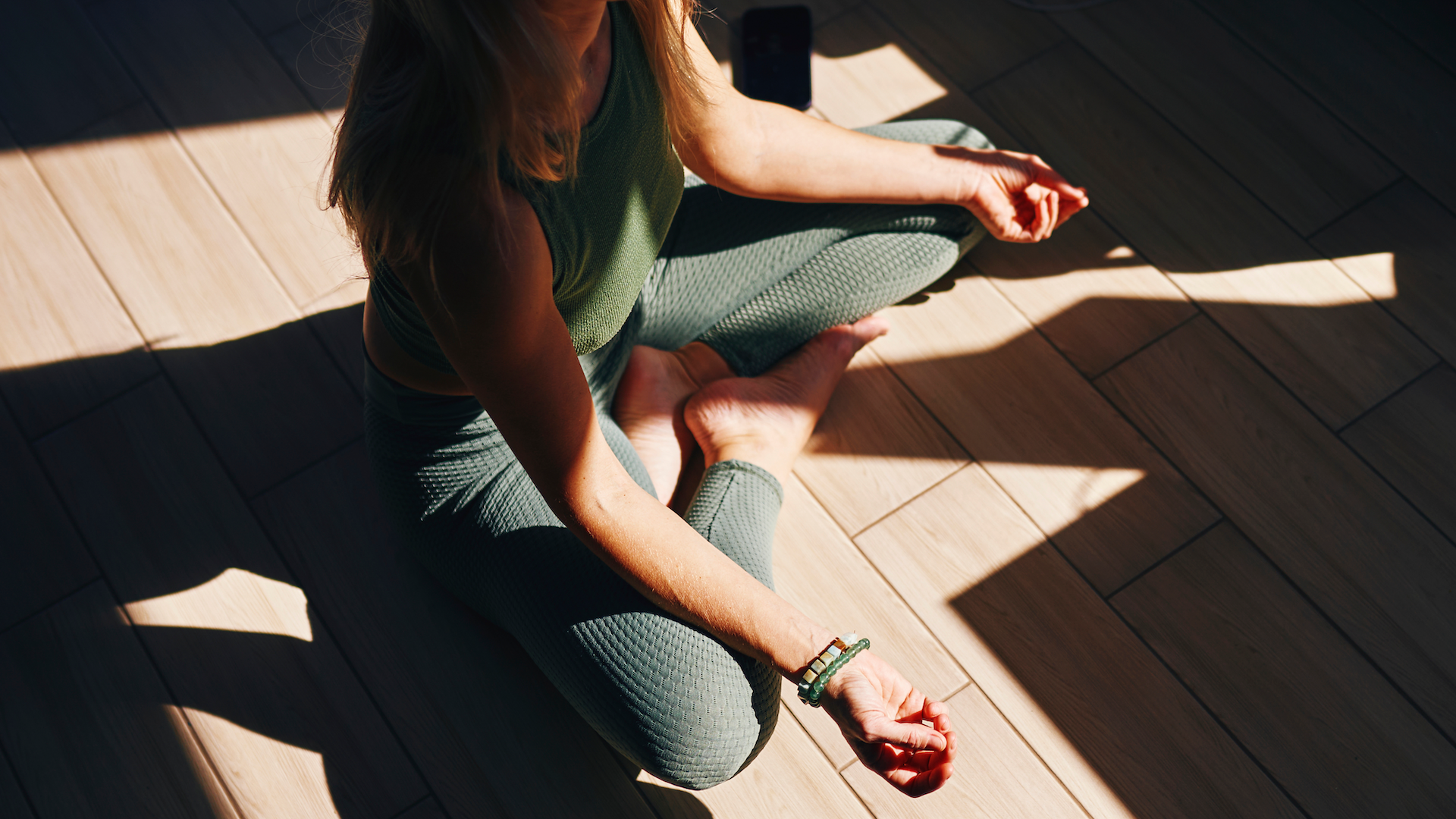
"Wellness isn’t about doing more, it’s about doing what matters - and it shouldn't be about an 'all or nothing' approach and being constantly busy," insists Penny Weston, fitness and nutrition expert. "I love that more people are now embracing small, manageable changes. Whether it’s taking a walk, eating more mindfully, or simply pausing during the day, these small shifts can have a big impact over time, and they’re far more sustainable too.”
Over-exfoliating skin
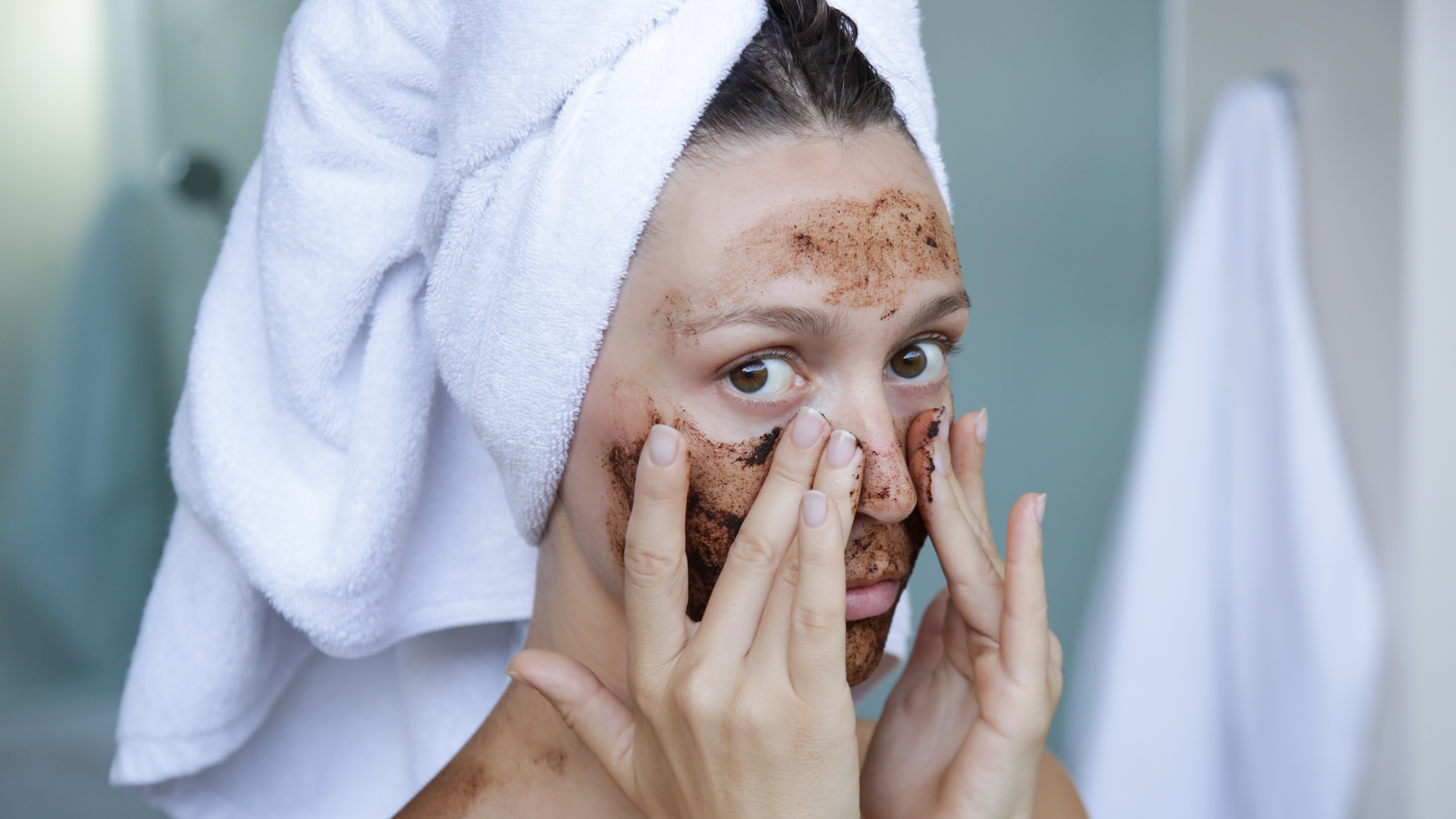
"There was a time when aggressive facial scrubs were seen as the secret to glowing skin - but they often did more harm than good," notes Dr Sheila Li, an aesthetic doctor and founder of Mediject. "Moving on to gentler, clinically backed methods like chemical exfoliants that respect the skin's natural barrier has made a huge difference in how we treat and protect our skin. These formulations work more effectively at a cellular level, encouraging healthy turnover without causing microtears or inflammation."
Coconut oil
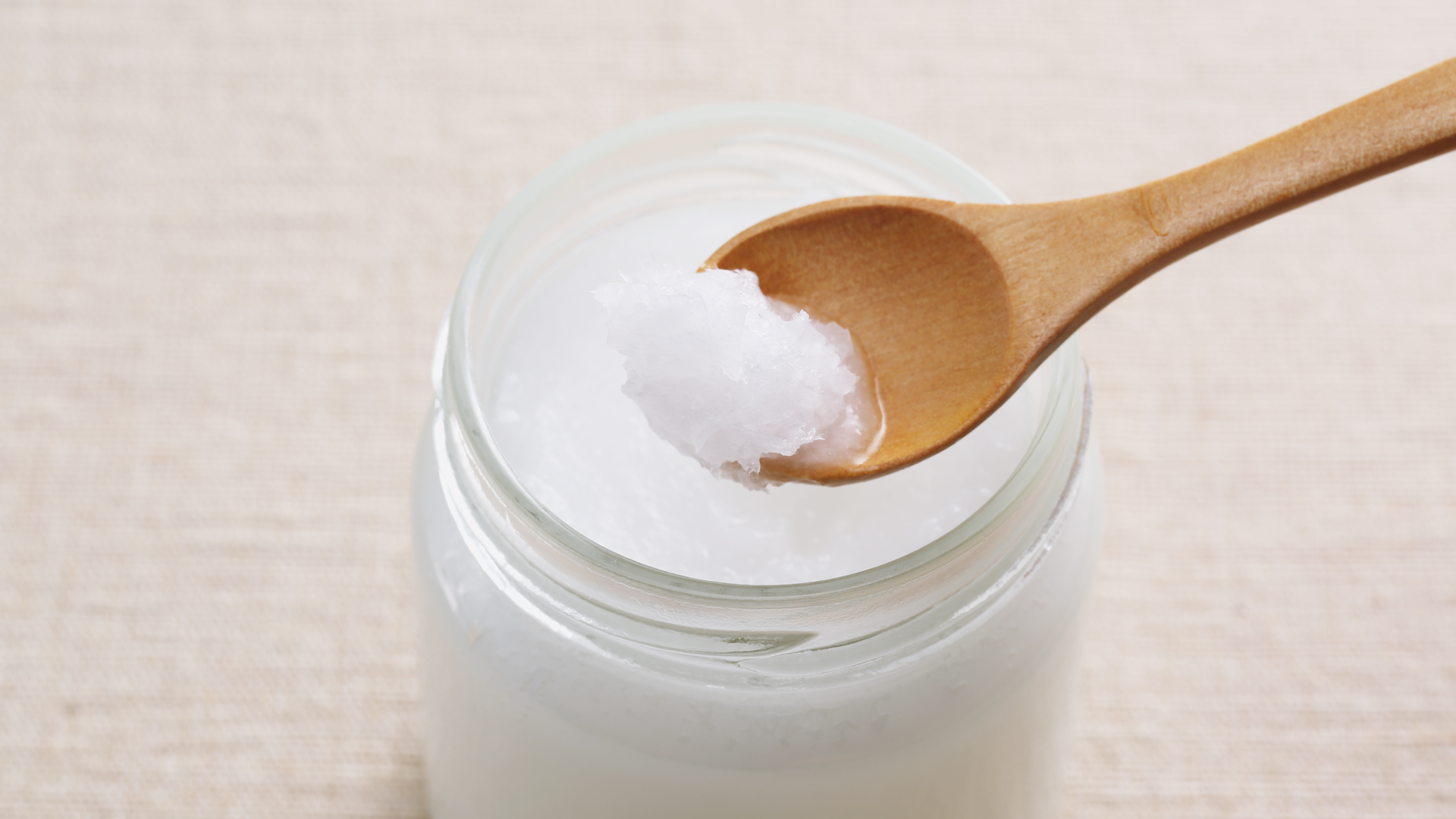
"I'm glad the coconut oil craze has passed," says Professor Sarah Berry, chief scientist at ZOE and professor of nutritional science at King's College London. "For a while, it was hailed as a miracle fat, but the science simply doesn't support those claims. Coconut oil is around 90% saturated fat – significantly more than butter – which raises LDL cholesterol levels and is linked to increased heart disease risk. It isn’t awful, and can be enjoyed in moderation, but it’s certainly not the heart-healthy hero it was made out to be."
Calories over nutrient density
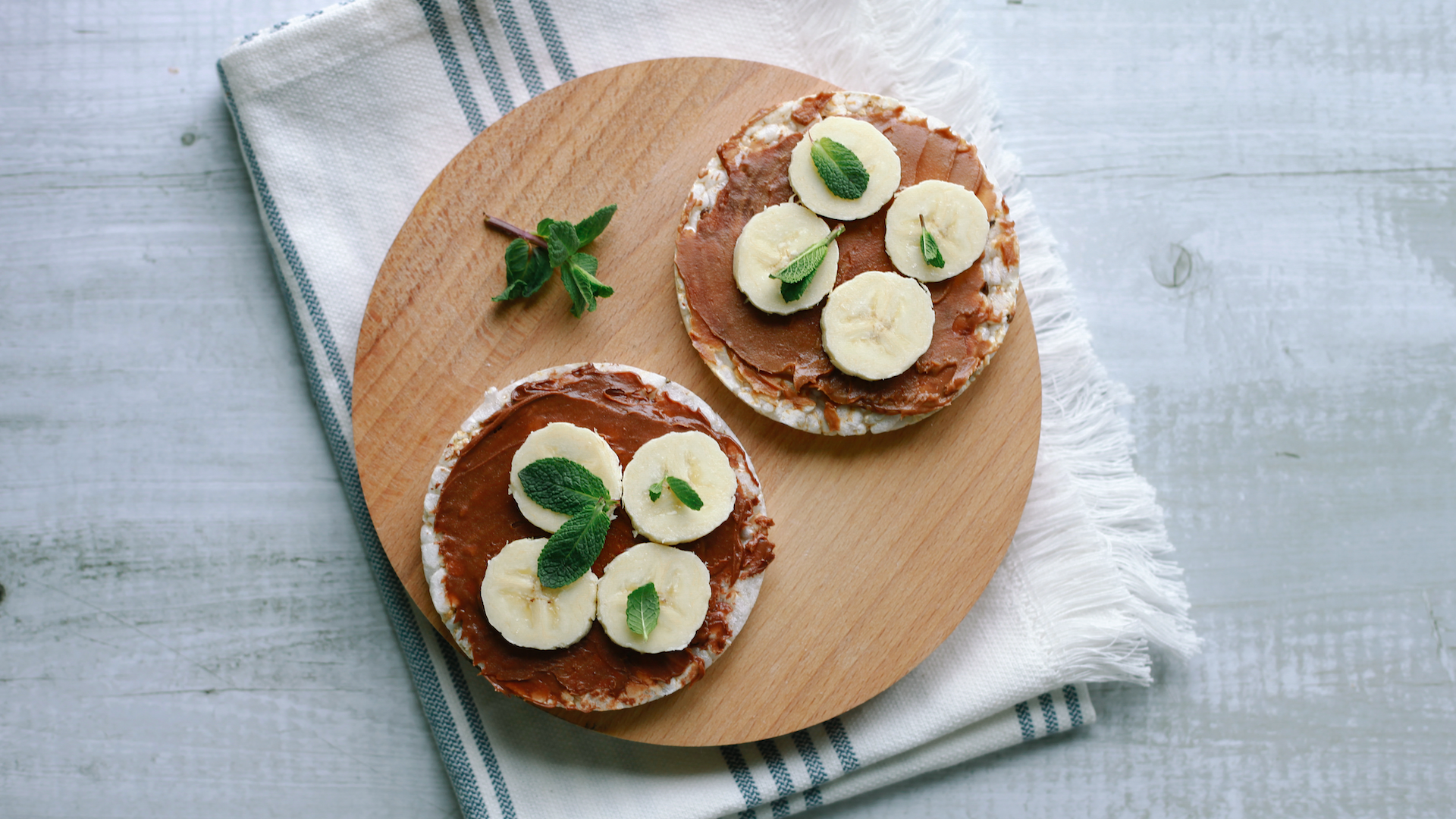
"I've been relieved to see the obsession with calorie counting over nutrient density fade out," says VJ Hamilton, a registered nutritionist and functional medicine practitioner. "A 100-calorie rice cake and a 100-calorie portion of oily fish are not equivalent in how they nourish us. Thankfully, we’re seeing a shift toward prioritising food quality, focusing on nutrients that support hormone balance, immune function, and metabolic health, rather than just numbers."
Too much HIIT

"We're moving away from excessive HIIT - or high-intensity interval training," notes Dr Sarah Jane Khalid, a Doctify-rated counselling psychologist. "It can push our bodies to limits that spike our levels of cortisol - the primary stress hormone in the body, and involved in how our body handles 'fight or flight' when it senses a threat or perceived threat. While short-term spikes can help our body grow stronger, too high an increase over longer durations can lead to a number of unwanted side effects - including lasting anxiety outside of your workouts."
'Toxic' positivity

"I’m relieved to see the decline of spiritual bypassing in the wellness space - this idea that if you just ‘stay positive’, everything else will fall into place," says Carla von Anhalt, the founder of Sacred Tones. "While well-intentioned, it often leads to bypassing real emotions, ignoring trauma and silencing people’s pain with platitudes like ‘everything happens for a reason'." If you're struggling, then it is important to seek support from a trusted loved one or a mental health professional.
Eliminating entire food groups
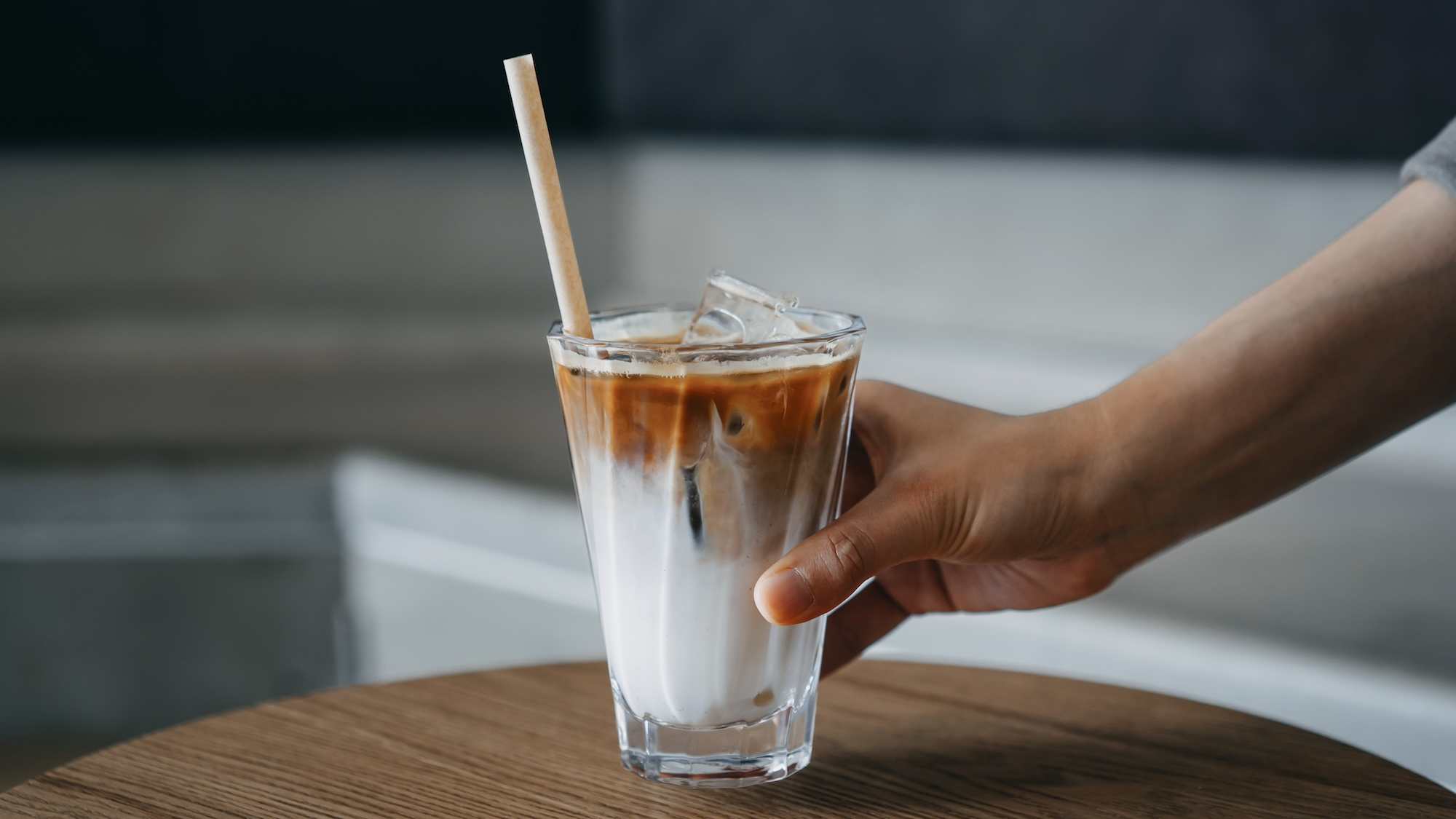
"I've been most pleased to see the trend for the elimination of entire food groups without a valid reason fading," says registered dietitian Lara Dunn Ceylan. "Adopting restrictive diets by cutting out items without any clinical need - like allergies, intolerances or related symptoms - can lead to nutrient deficiencies and contribute to an unhealthy relationship with food."
Skincare 'trends'
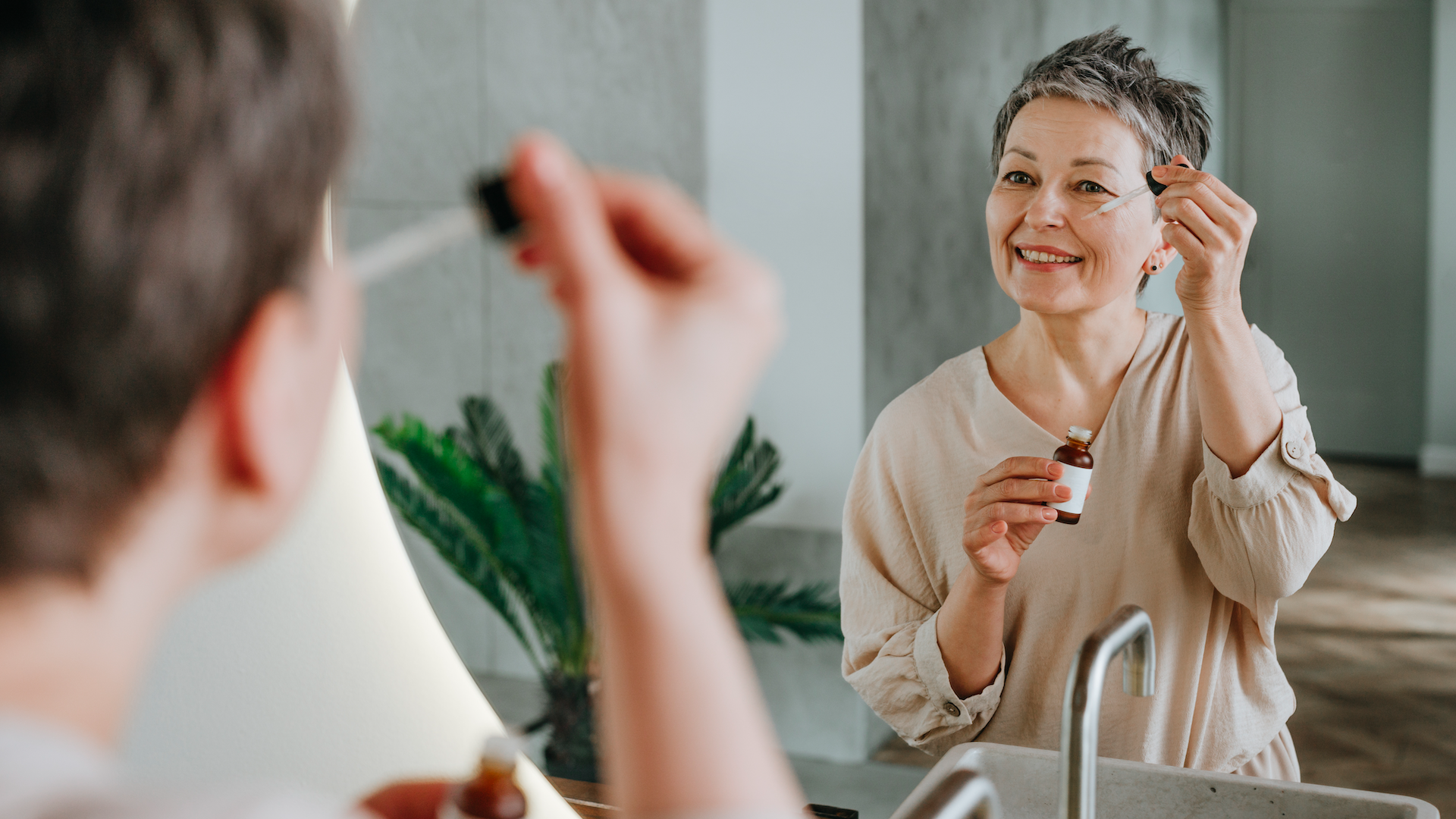
"I was never a fan of K-Beauty - short for Korean Beauty," shares Dr Sach Mohan, cosmetic doctor and founder of Revere Clinics. "Many exotic ingredients extolled in its products have very little scientific evidence to support their somewhat far-fetched claims. We may be drawn towards unusual-sounding ingredients like fermented products, snail mucin - snail slime - or propolis, a resin-like material made by bees; however, they lack robust clinical study data. Additionally, it pushed multi-step, layering skincare routines - with up to ten products needing to be applied - however, using so many products could actually irritate the skin."
BMI to measure health
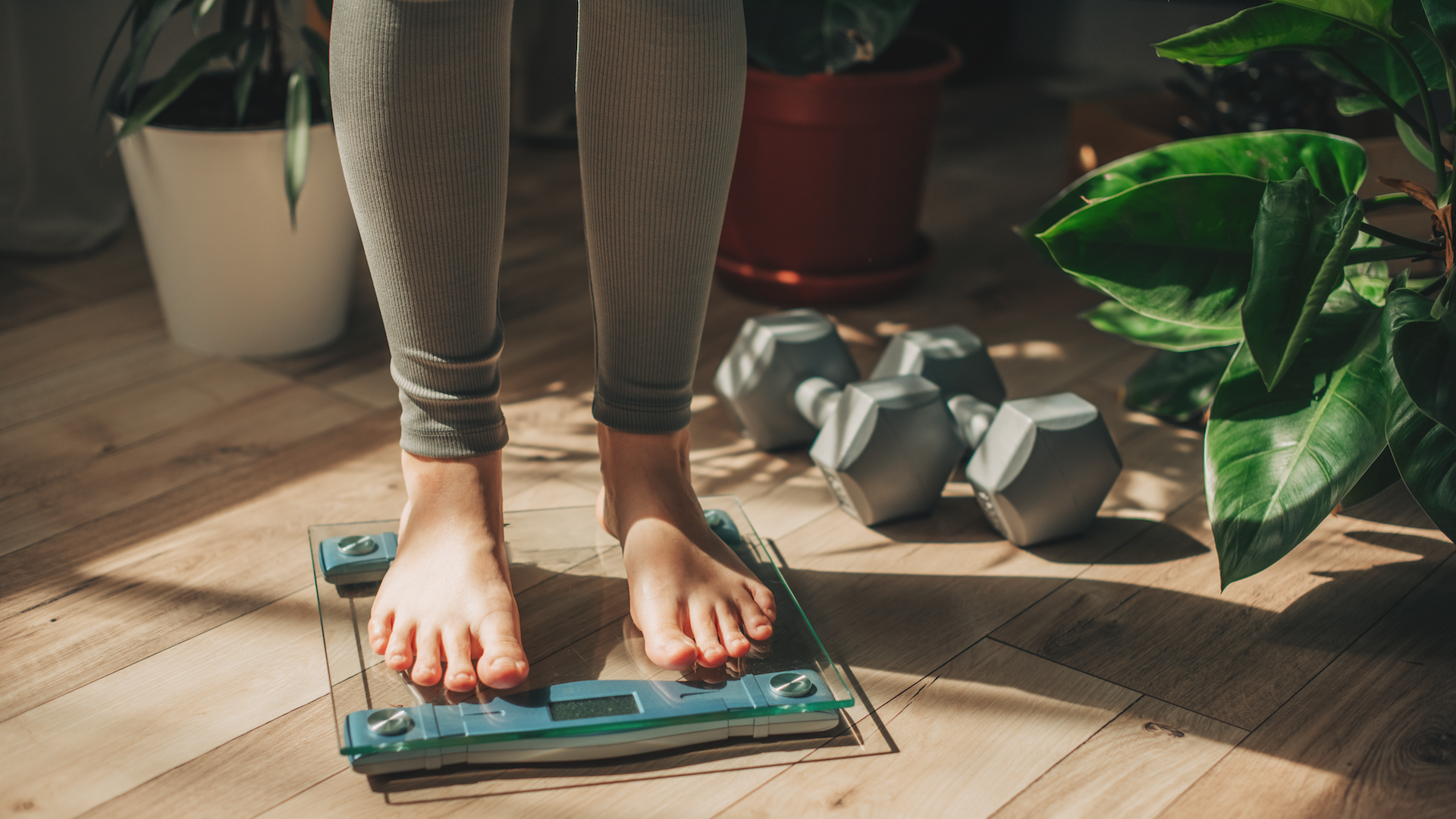
"It has been shown that BMI - or body mass index - as a measure of ‘fatness’, and therefore ‘health’, is hugely flawed," says Xuxa Milrose, nutritionist at OMNI Wellness. "Using just height and weight makes no allowances for the proportions of bone mass, muscle mass, and fat in the body, which obviously will vary greatly from person to person. It also doesn't take into account their age, gender, genetics, fitness, activity levels, diet, pre-existing conditions, blood markers or hormone levels."
Eggs 'bad' for cholesterol
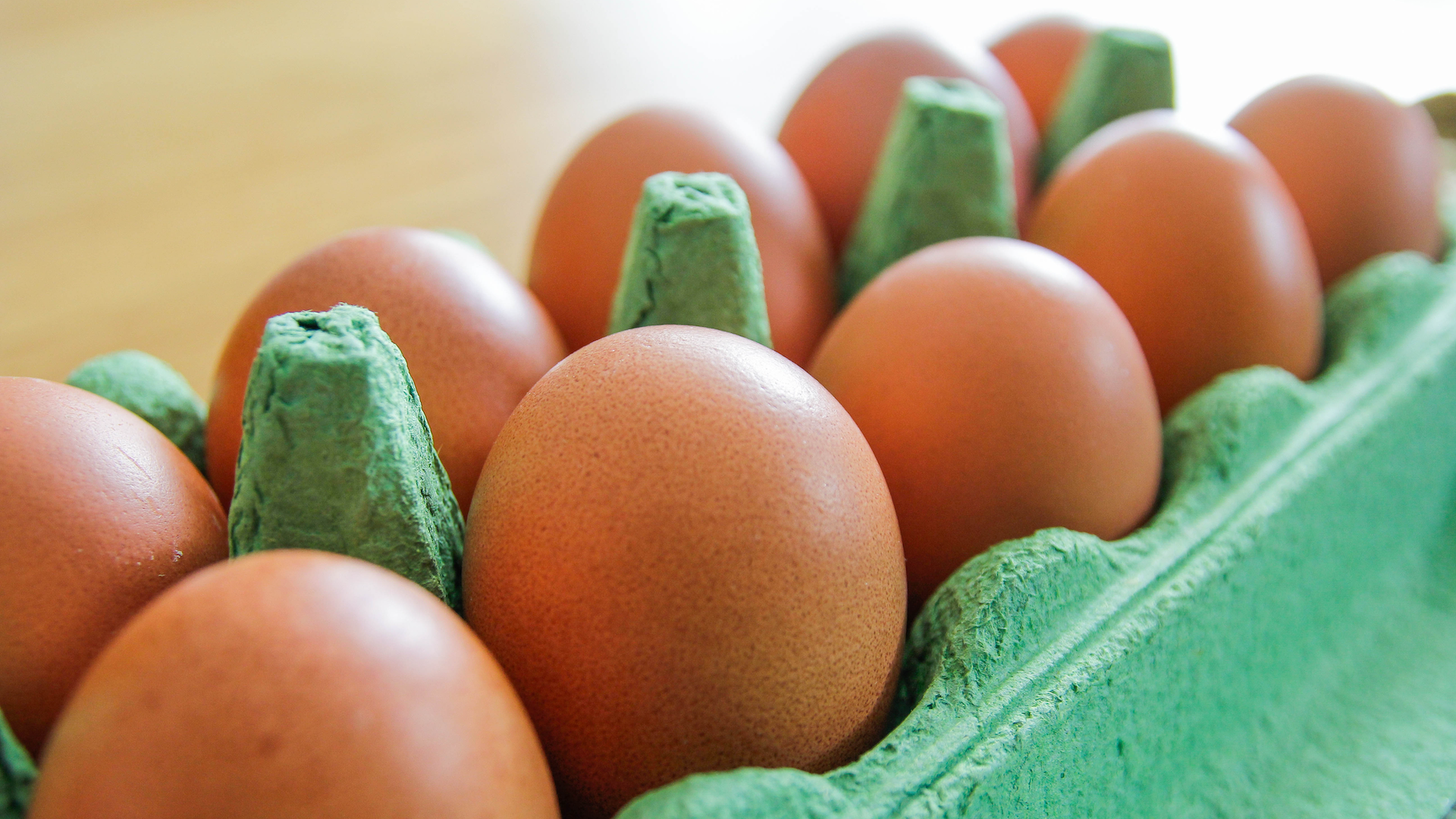
"It was previously believed that eggs were bad for you due to their high cholesterol content - which some studies linked to an increased risk of heart disease due to the idea that dietary cholesterol directly raised blood cholesterol levels," explains Milrose. "However, it has since been demonstrated that this is not the case - and eggs are actually incredibly nutrient-rich and a complete protein source. They're an excellent source of vitamin B12, vitamin D and omega-3 fatty acids."
Productivity 'hacks'

"I’m really glad we’re moved away from the idea that we always need to be improving or optimising ourselves every moment of the day," says Dr Elena Touroni, a consultant psychologist and co-founder of The Chelsea Psychology Clinic. "The constant focus on productivity 'hacks' can leave people feeling exhausted and like they’re never quite enough."
Chronic cardio
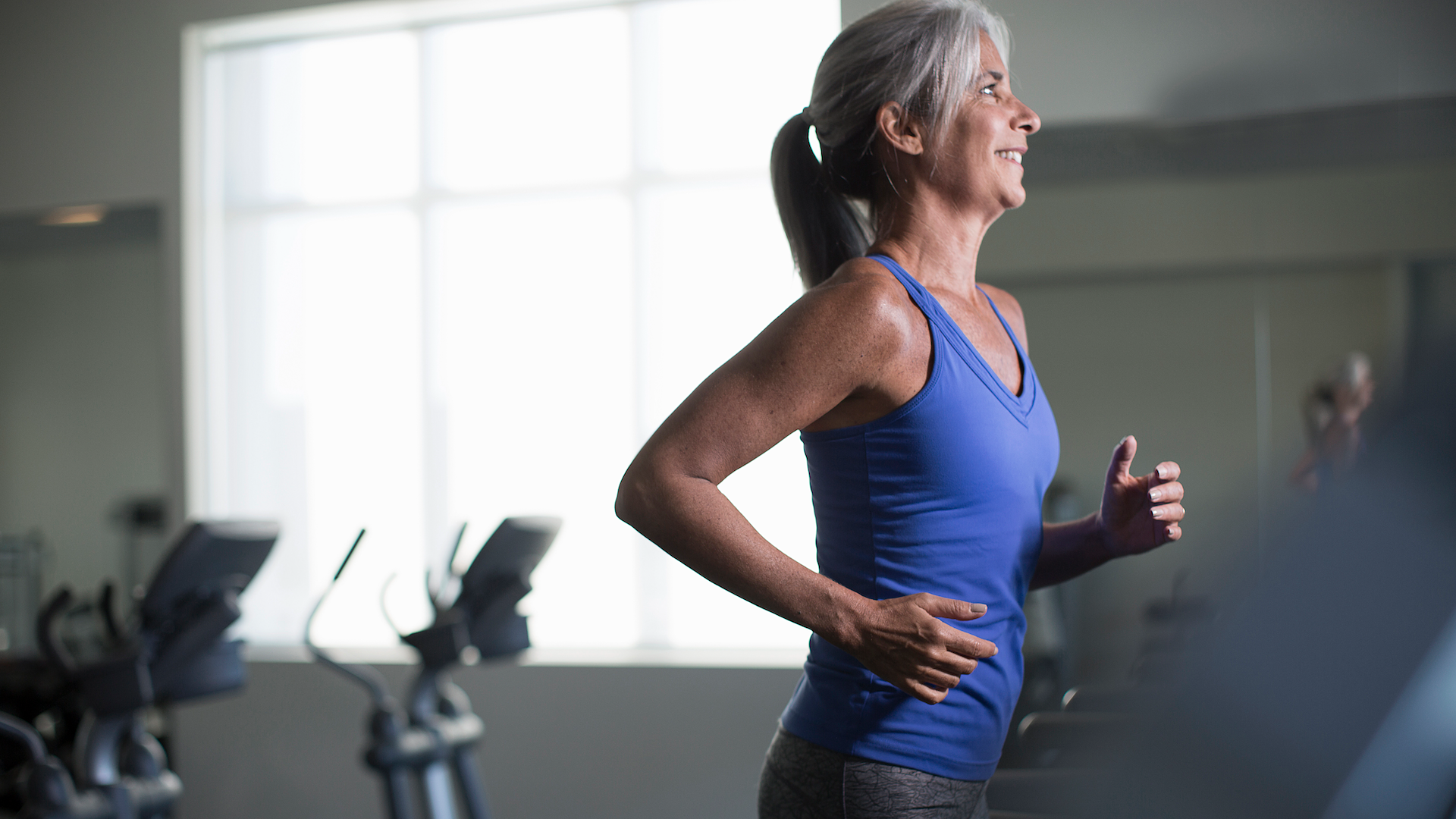
"For decades, we were told that slow, steady-state cardio - think hours on the treadmill - was the gold standard for fat burning," notes Rowan Clift, training and nutrition specialist at Freeletics. "Thankfully, that myth has been replaced by a more balanced understanding of fitness. A mix of HIIT, bodyweight resistance exercises, and metabolic conditioning has proven to be more efficient for fat loss while preserving muscle mass."
One-size-fits-all supplements
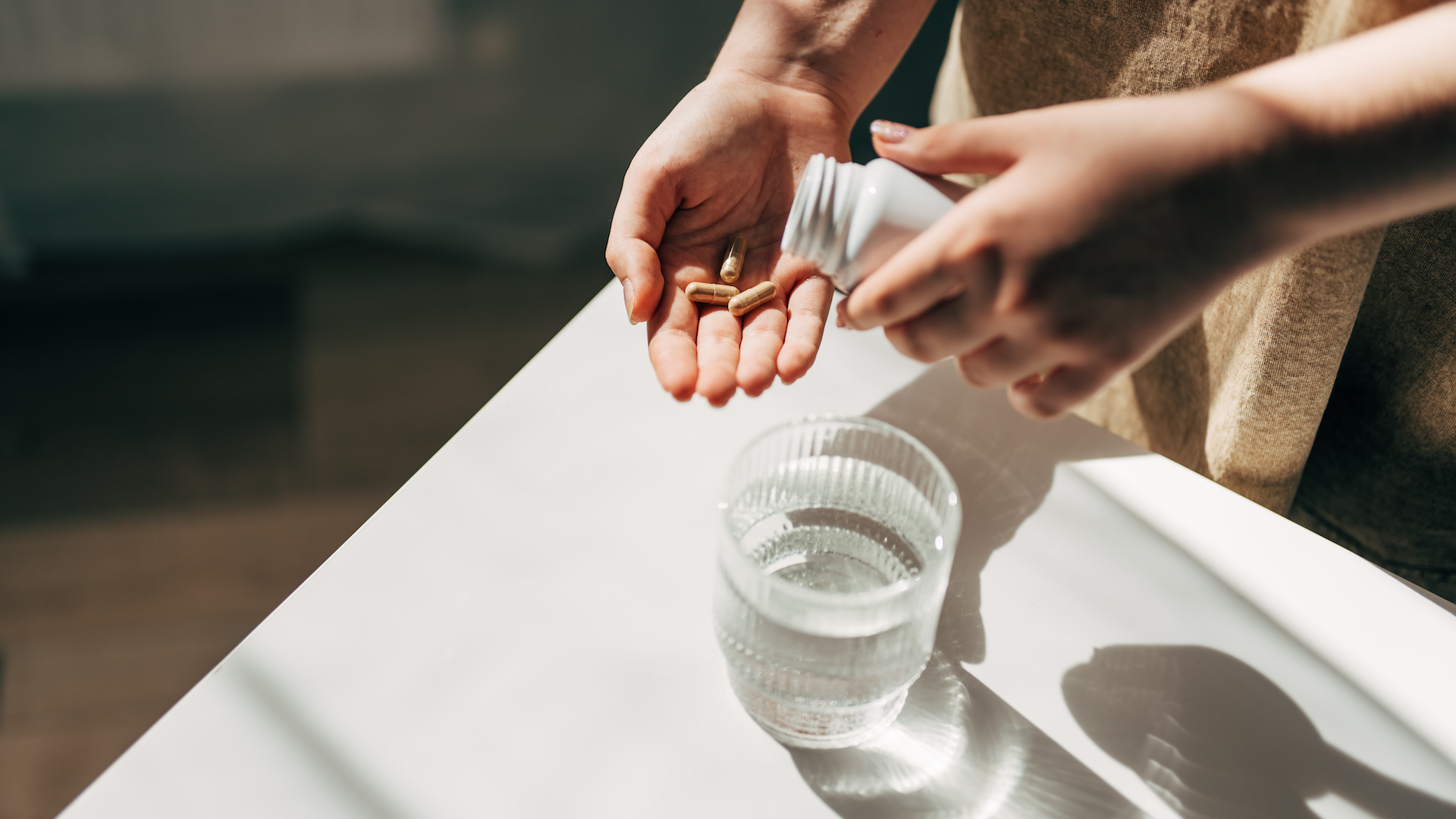
"The supplement industry exploded with promises, but little personalisation," says Dr Mohammed Enayat, a GP and founder HUM2N. "People once took multivitamins or trending powders without knowing whether they needed them, and in many cases, they didn’t. Now, with easy access to lab testing, we can identify nutrient deficiencies, hormonal imbalances and inflammatory markers, and treat them precisely. This isn’t biohacking for the sake of it, it’s evidence-led optimisation."
Aesthetics-focused fitness
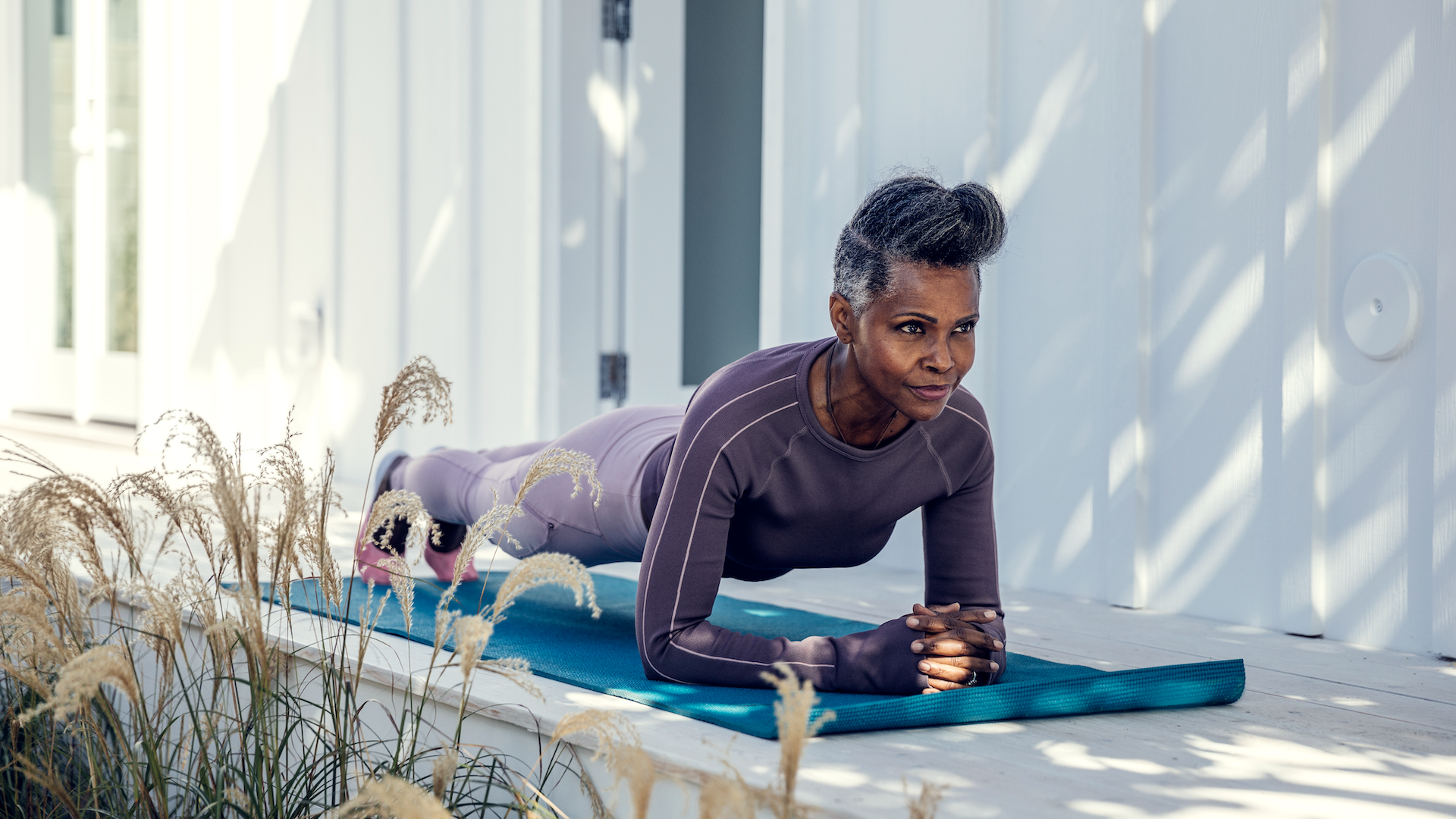
"There was once the idea that exercise was only worthwhile if it led to weight loss or aesthetic change, which is both harmful and untrue," says Hollie Grant, personal trainer, Pilates instructor and founder of Pilates PT as well as The Bump Plan. "For example, 'thigh gaps' became a bizarre beauty benchmark in the 2010s - but the reality is, whether you have one or not is largely down to genetics, not fitness or health. This kind of aesthetic goal only fuelled body comparison and shame, and I’m so glad we’re now helping women celebrate movement for strength, mental health, energy and feeling good in their bodies."
Raw food diet
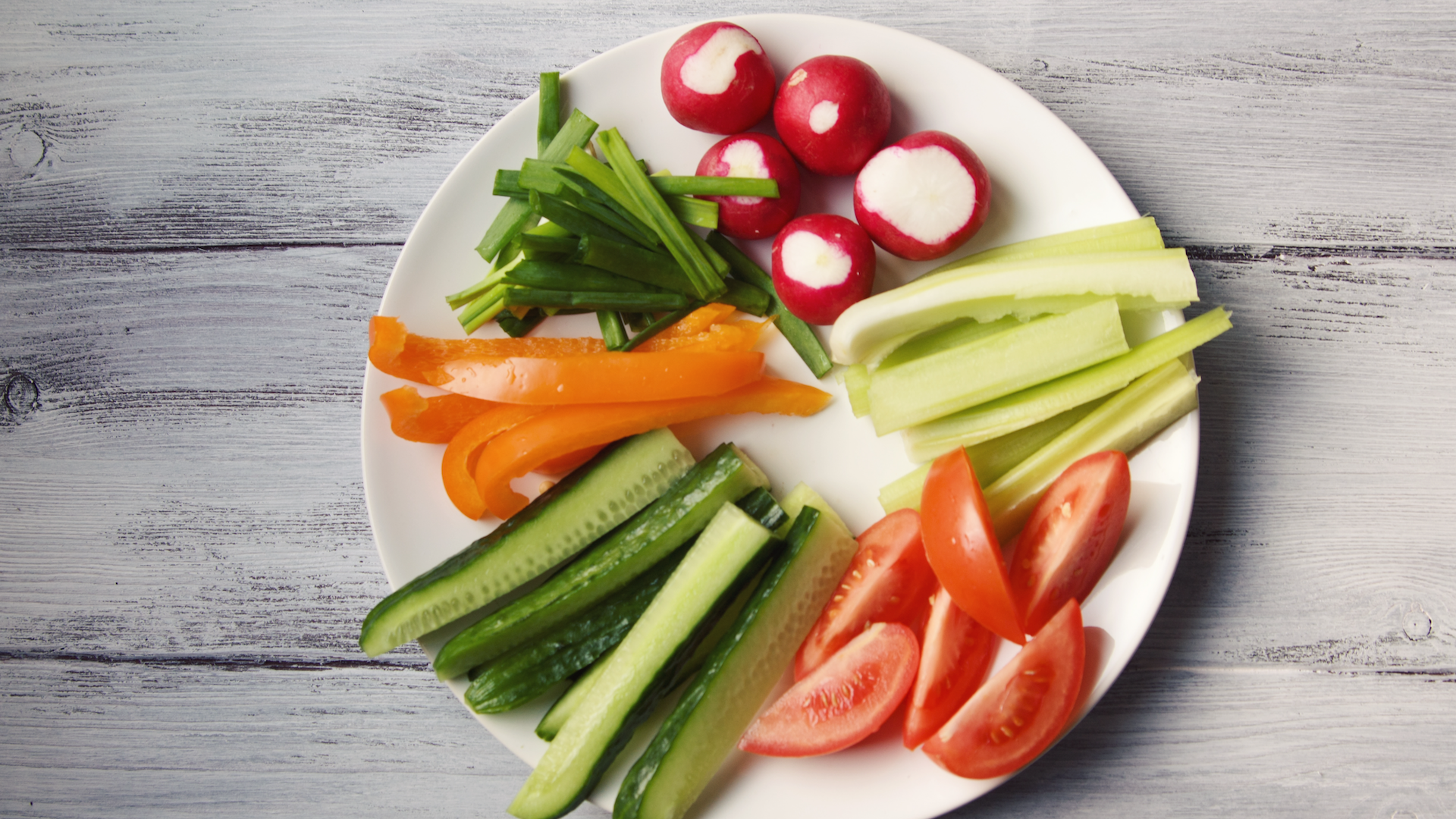
"The raw food diet - usually consisting of raw fruits and vegetables, nuts, seeds and grains - is based on the theory that heating and cooking food destroys its nutritional content," explains Ana Carolina Goncalves, pharmacist at Pharmica. "However, the logic behind the diet is unsupported by scientific evidence - the enzymes in food are largely broken down by stomach acid before they can aid digestion, and the human body produces its own digestive enzymes very efficiently. Further still, cooking can actually enhance the quantity and availability of nutrients in some foods - for instance, cooking tomatoes increases their levels of heart-friendly lycopene."
Burning sage

"Burning sage used to be popular for clearing energy - especially in yoga studios, wellness spaces and holistic retreats - however people have become more aware that 'smudging' is a sacred Indigenous practice, and there’s been some important conversation around cultural appropriation," notes Nancy Trueman, sound practitioner and founder of True North Studio. "Plus, there are concerns about indoor air quality."

Lauren is a freelance writer and editor with a decade of print and digital journalism experience. While she specialises in covering health and wellness topics - ranging from nutrition and fitness, to women’s health conditions and mental wellbeing - she has written across a diverse range of lifestyle topics, including fashion, beauty, homes, royals and travel.
In addition to writing for Woman & Home and sister title Homes & Gardens, Lauren's work has also been published by Women’s Health, The Times, Daily Telegraph, Elle, Cosmopolitan, The Guardian, Marie Claire, Body + Soul, Stylist, Glamour, Grazia, Red, Dazed Digital, Yahoo Life, The Sun’s Fabulous, Get The Gloss and Hello! among others.